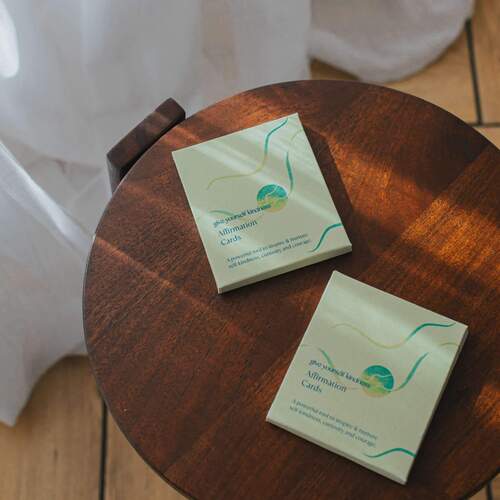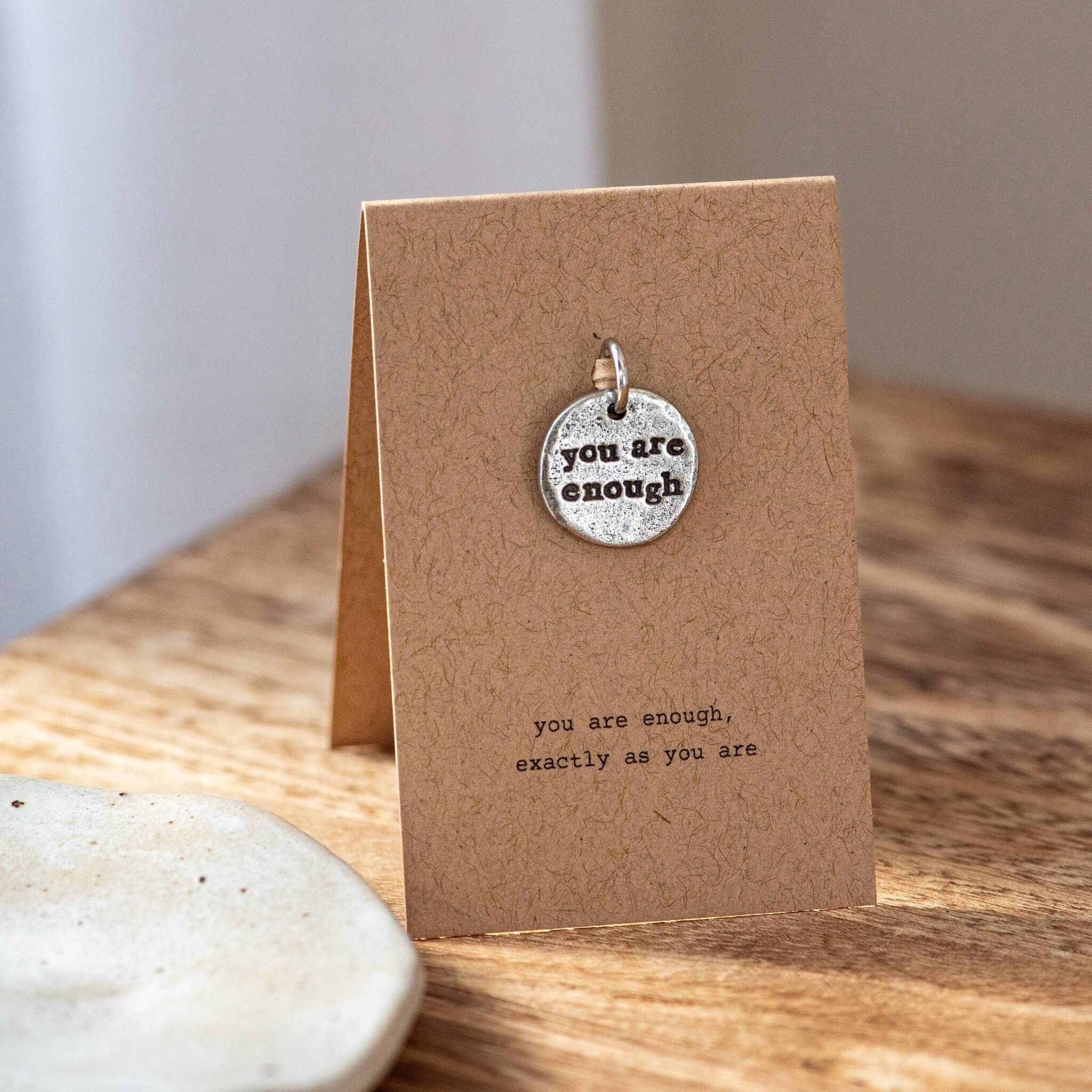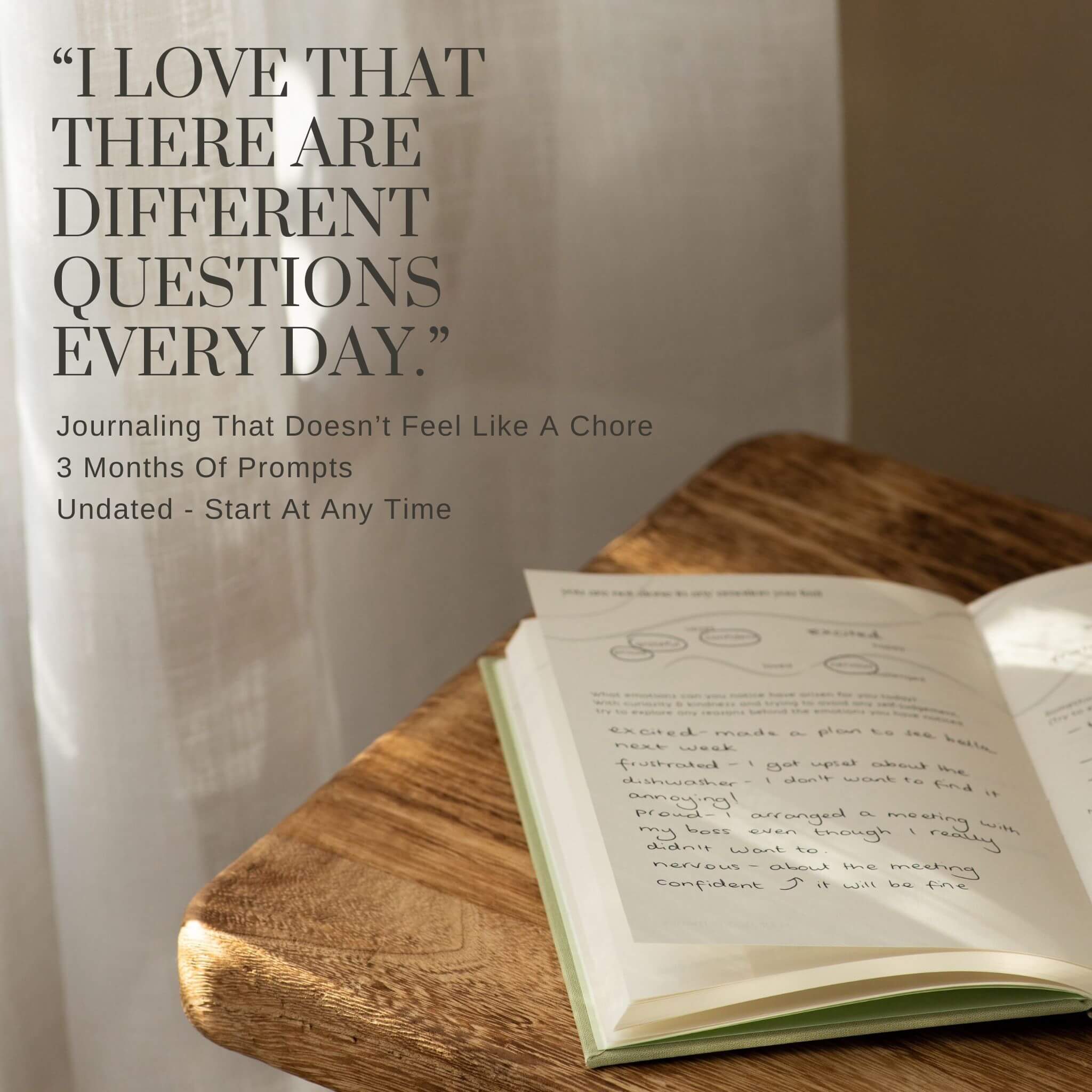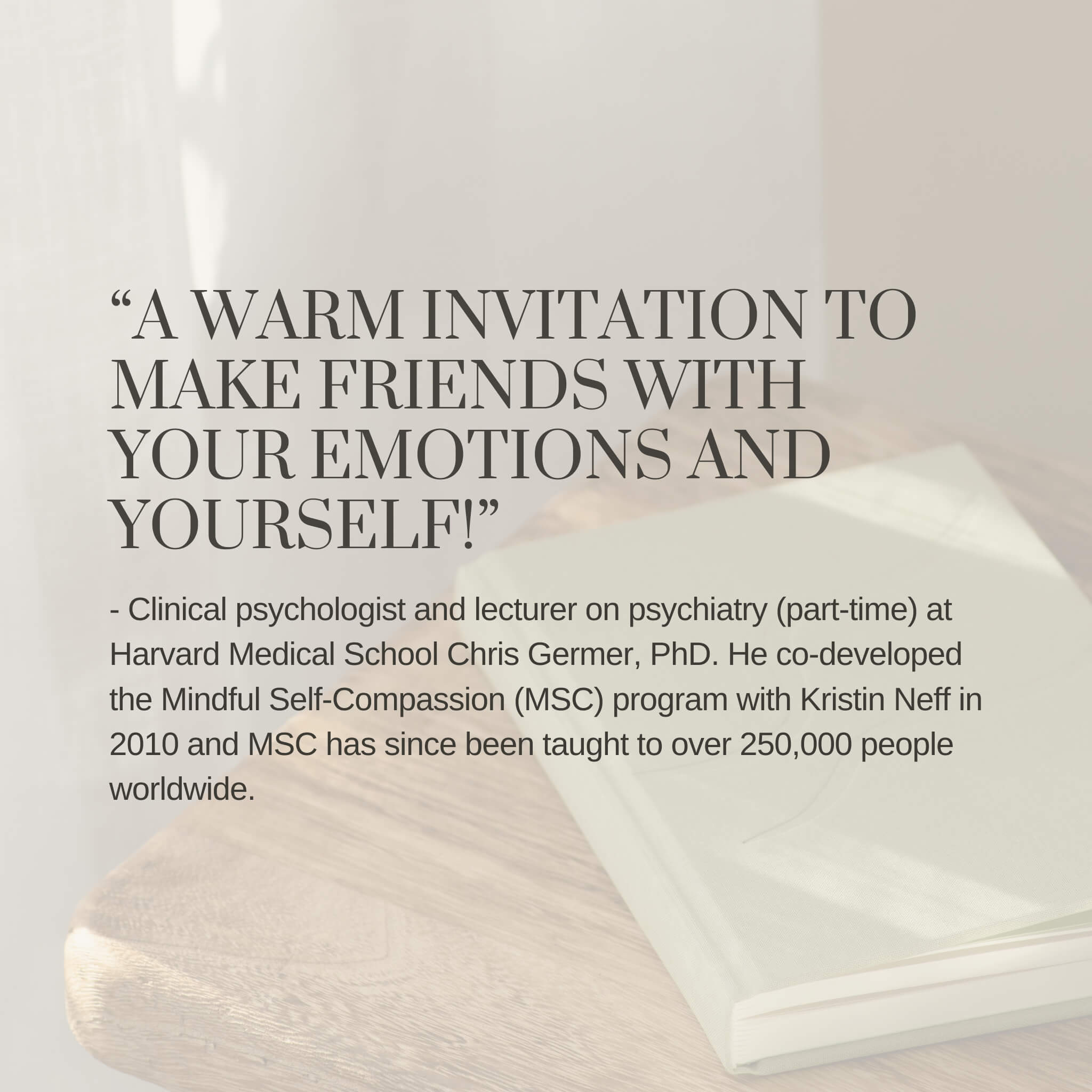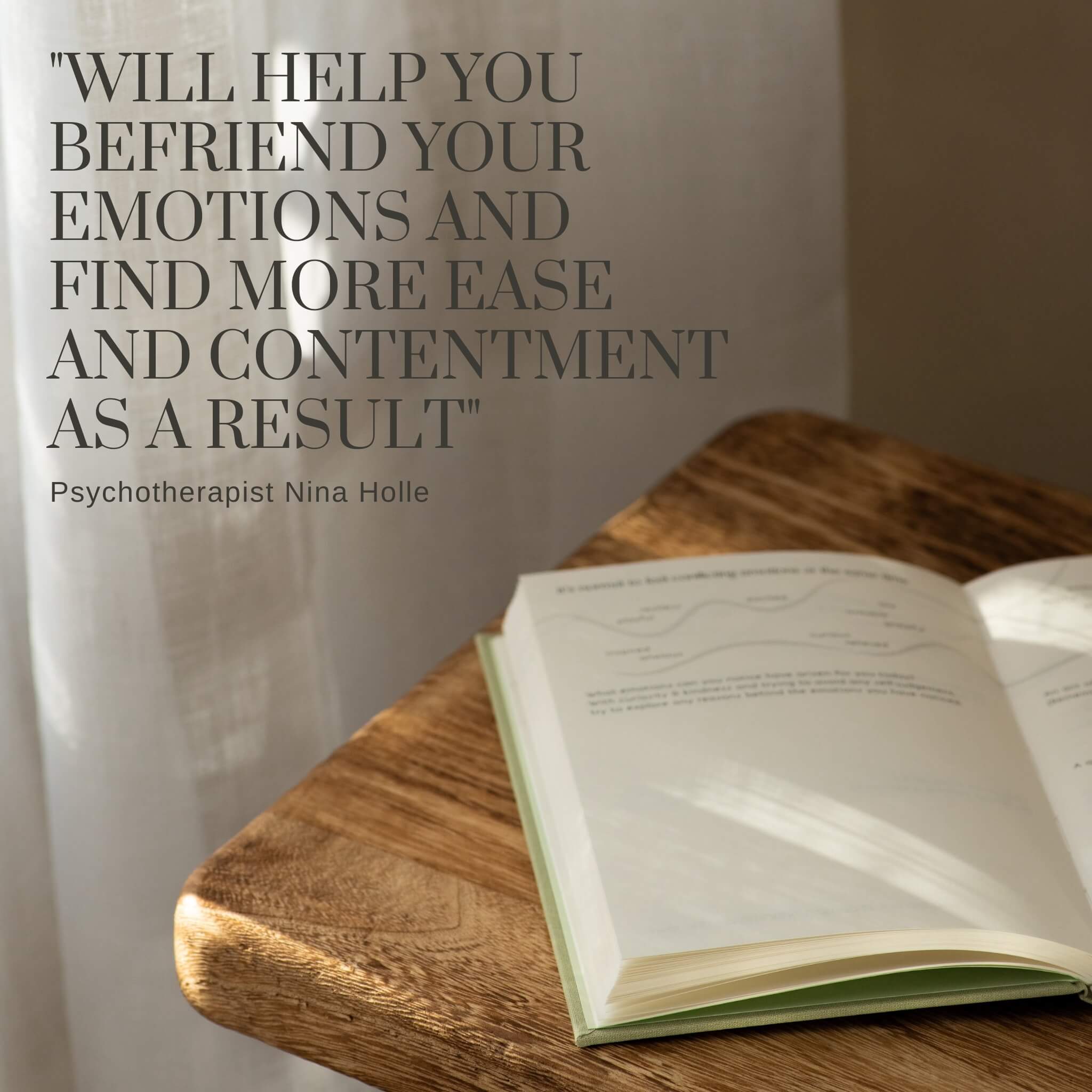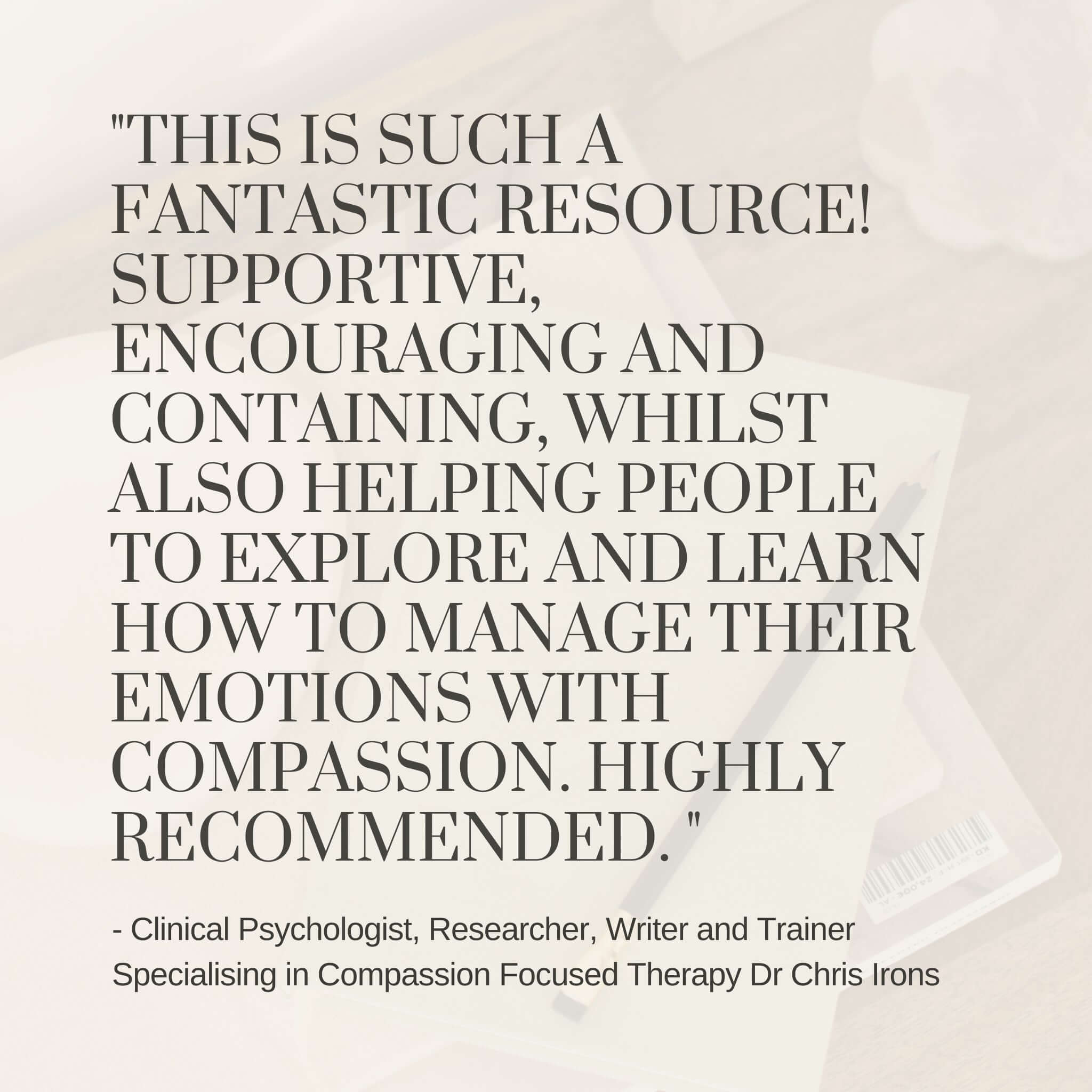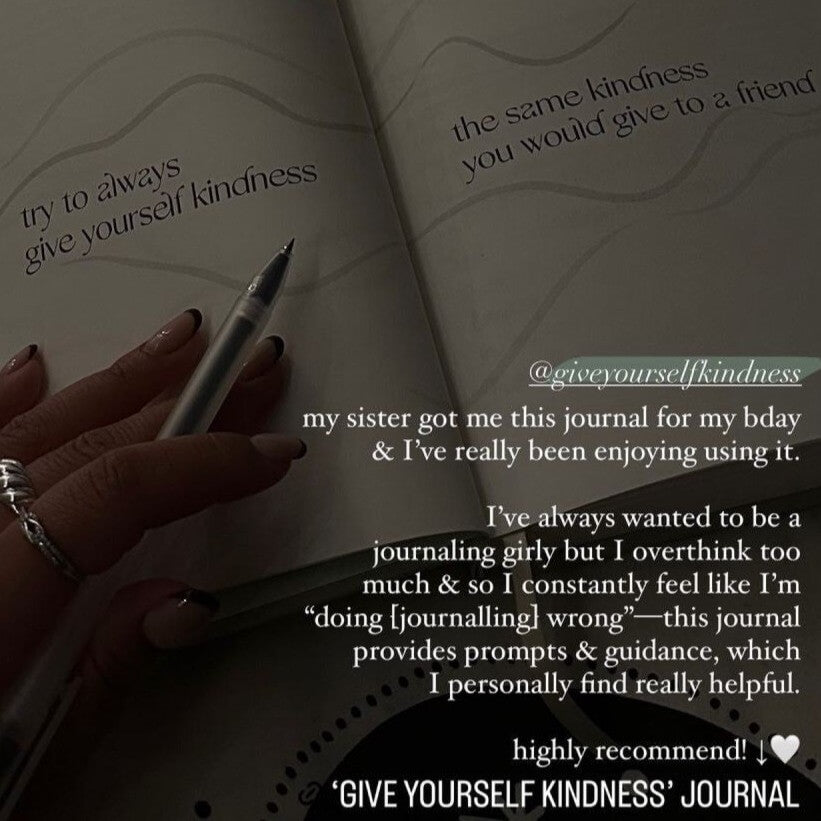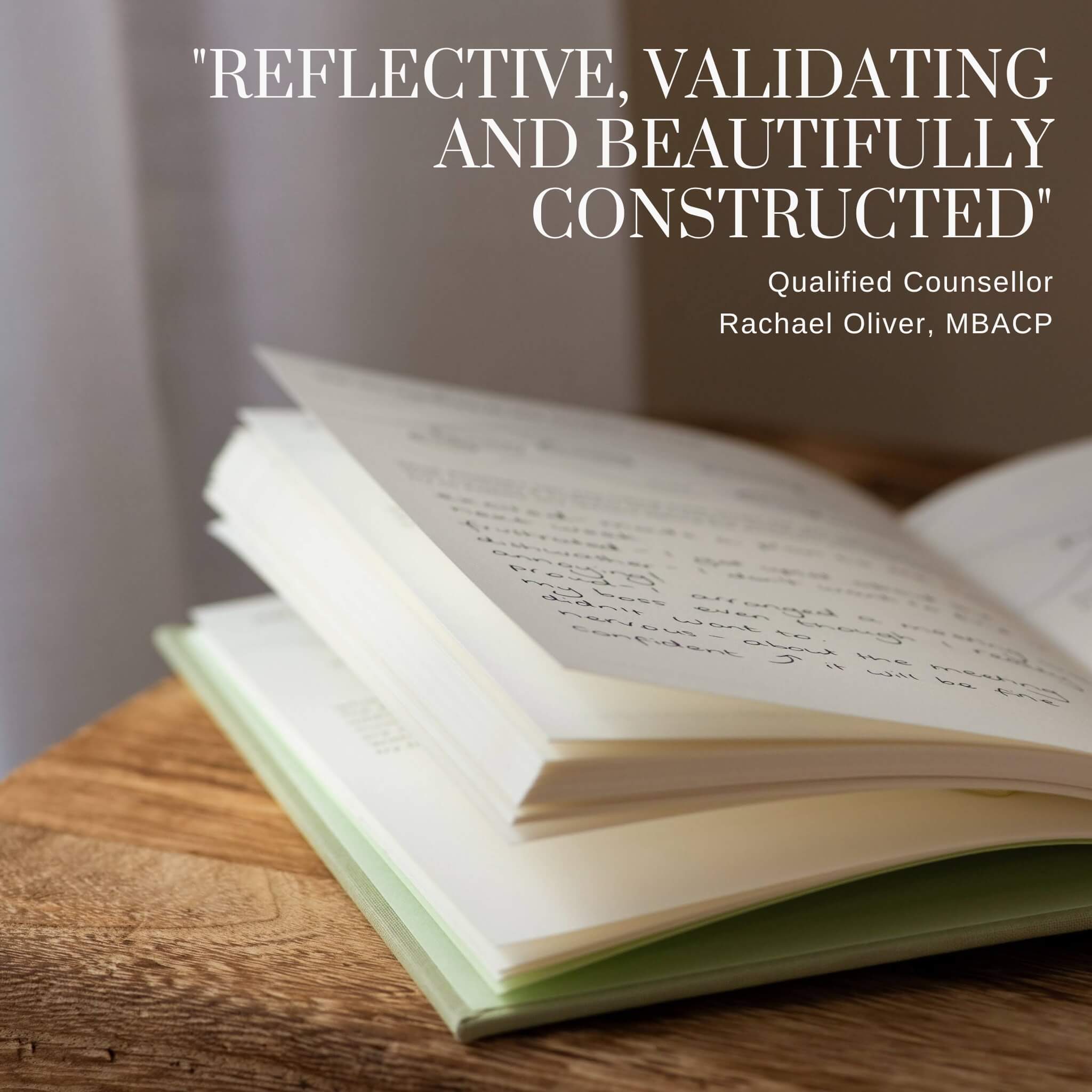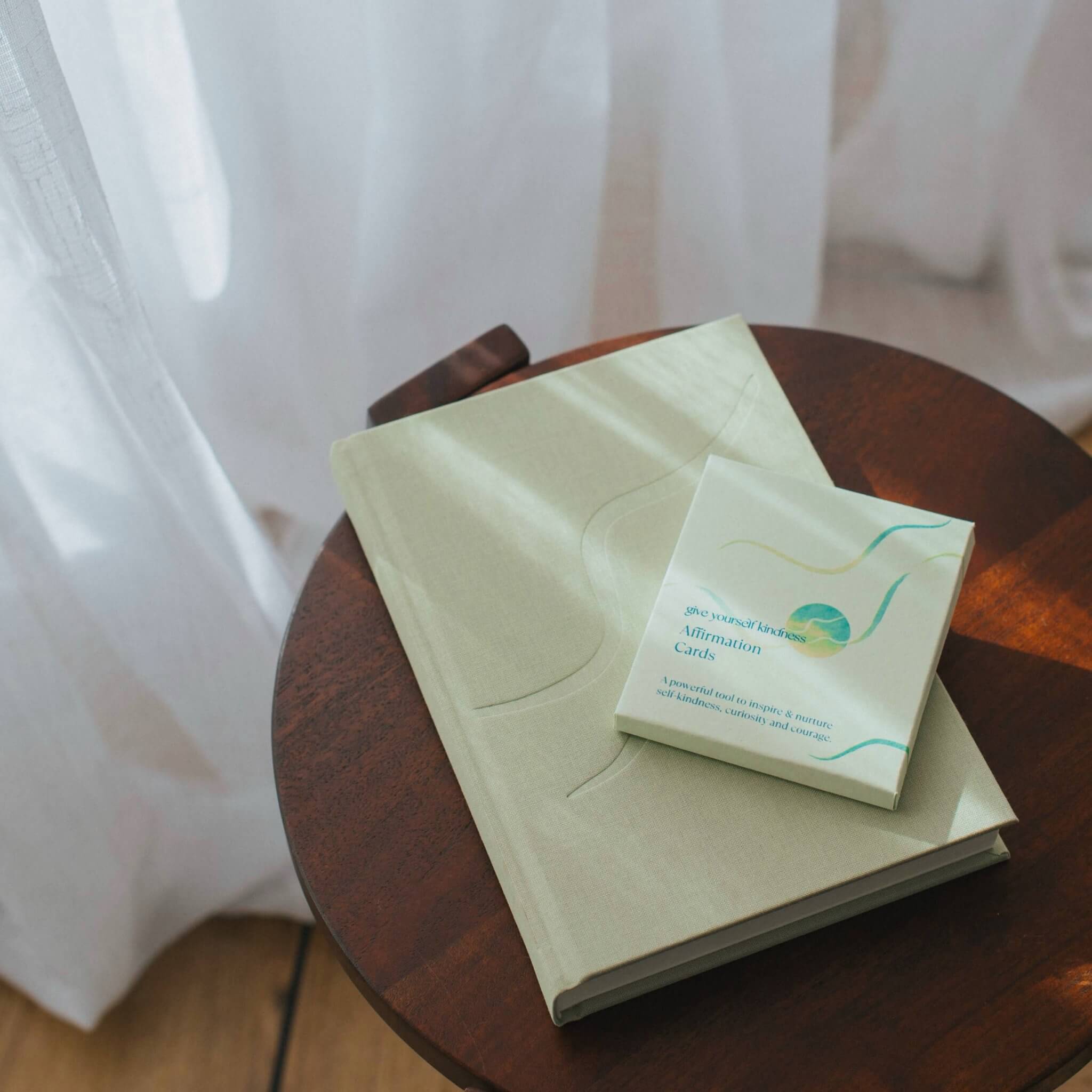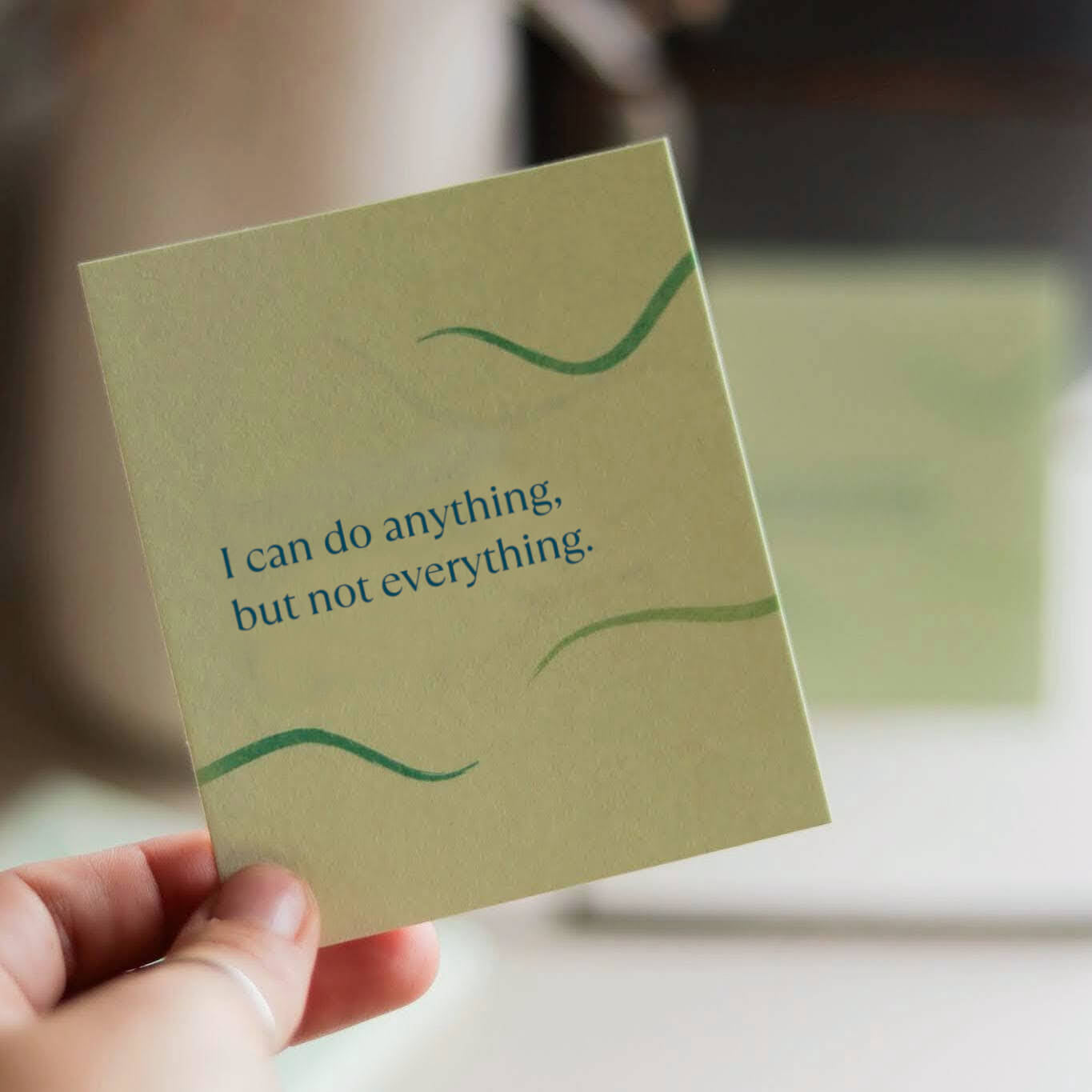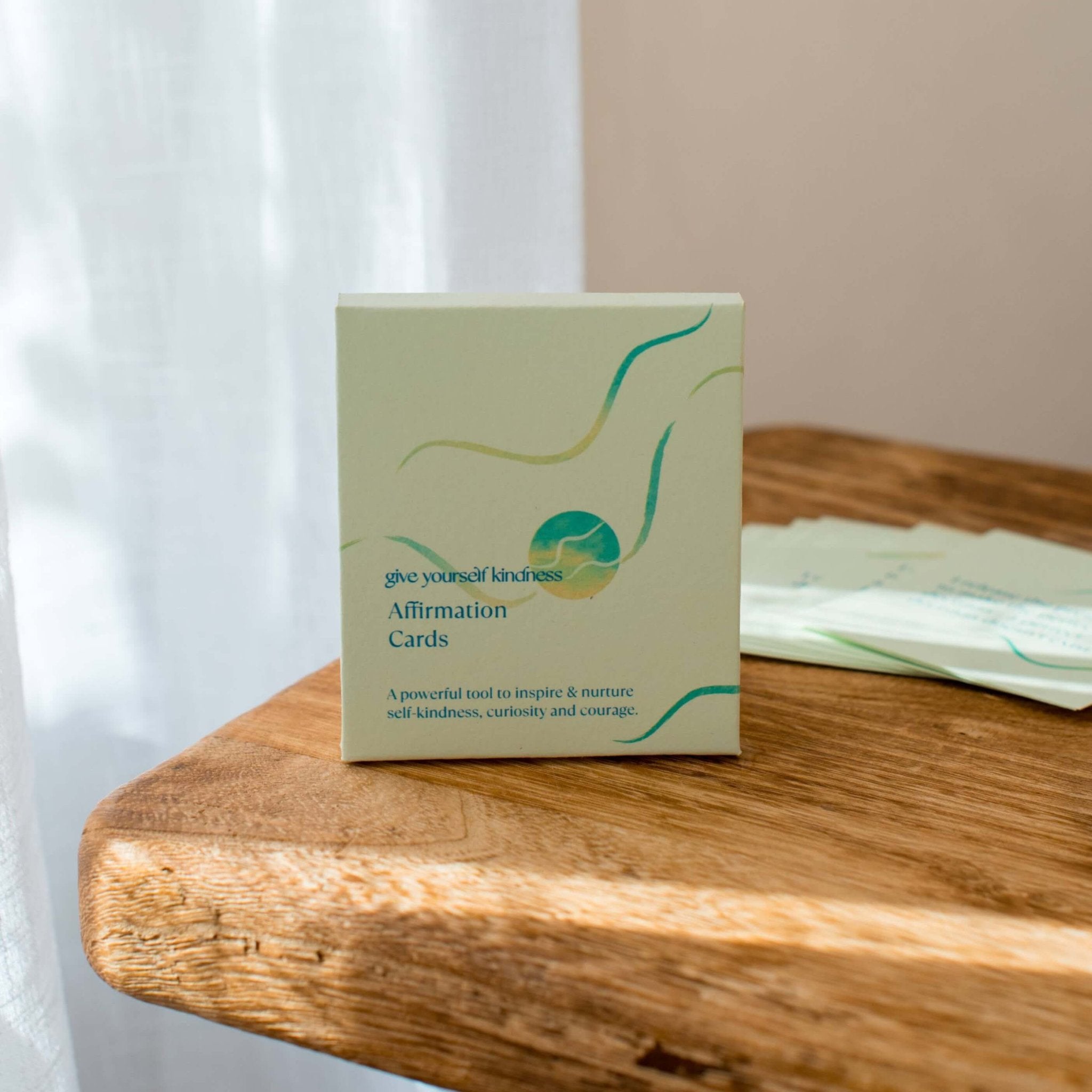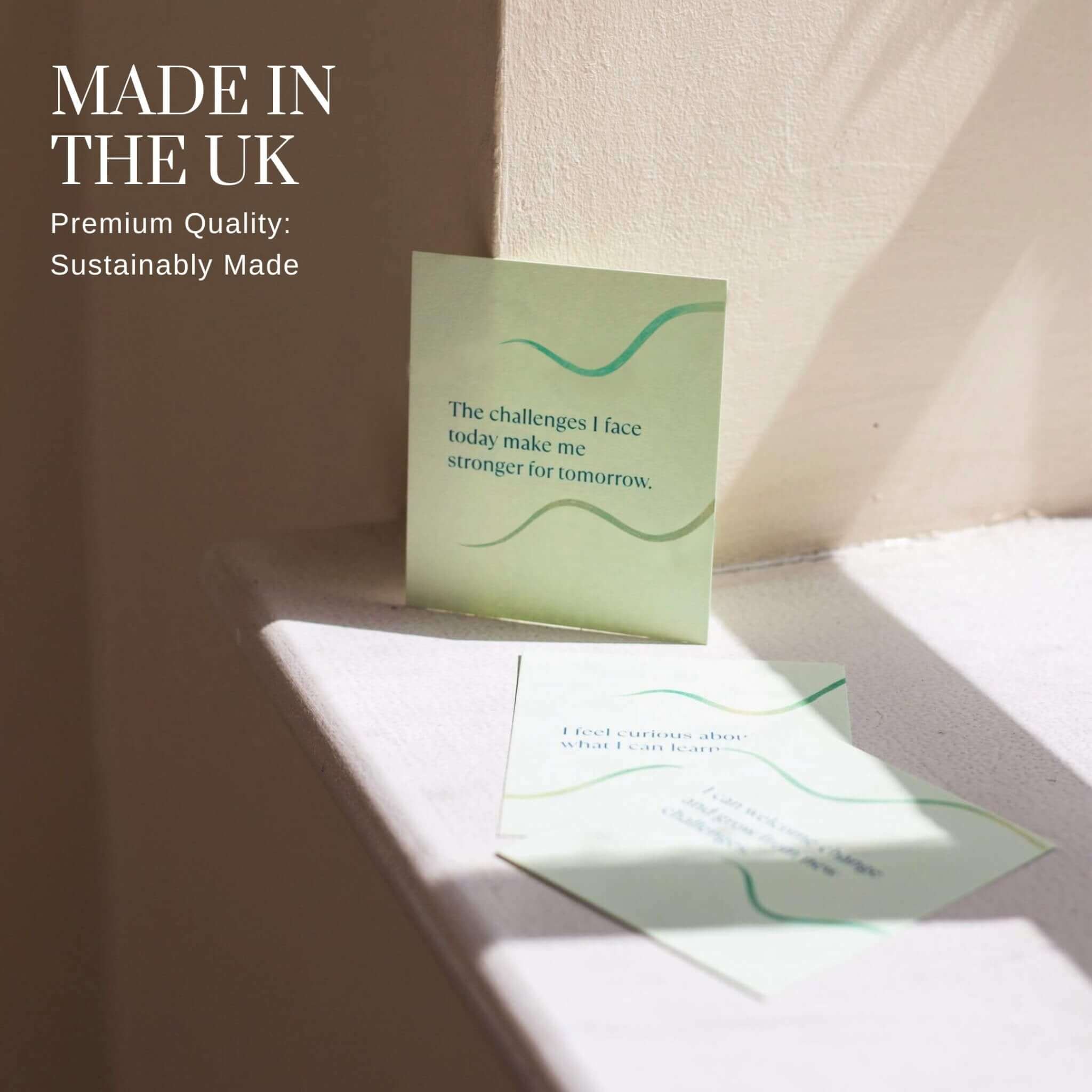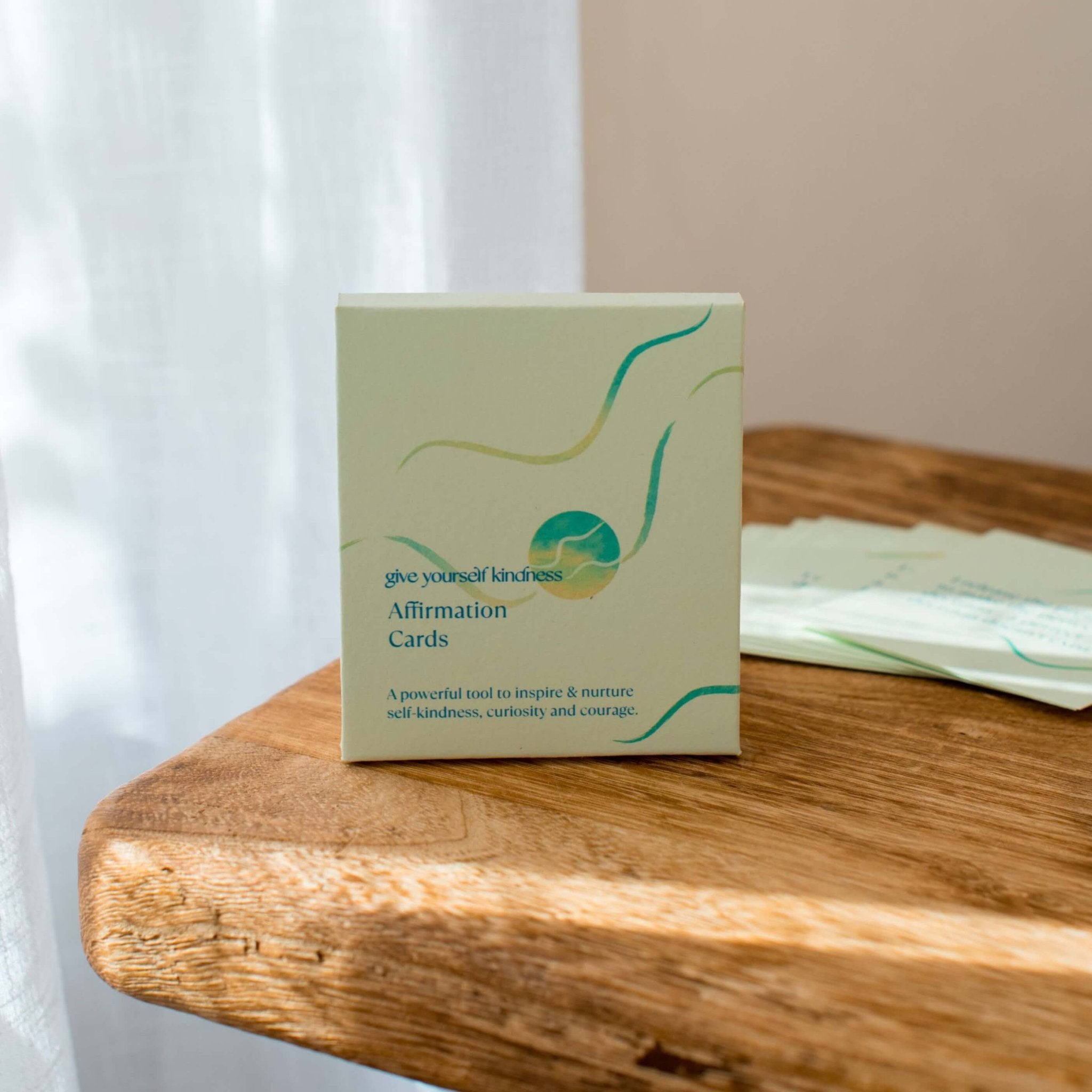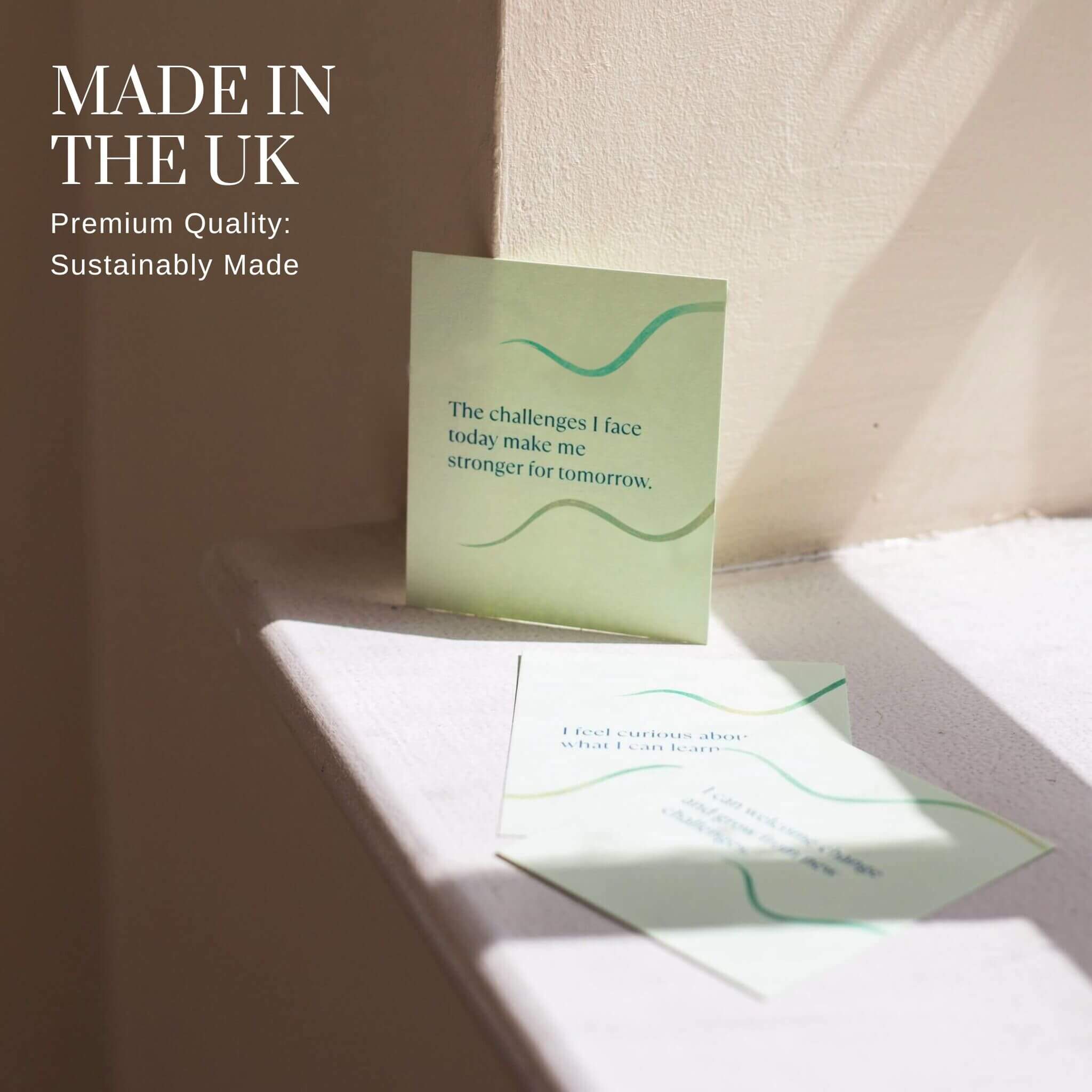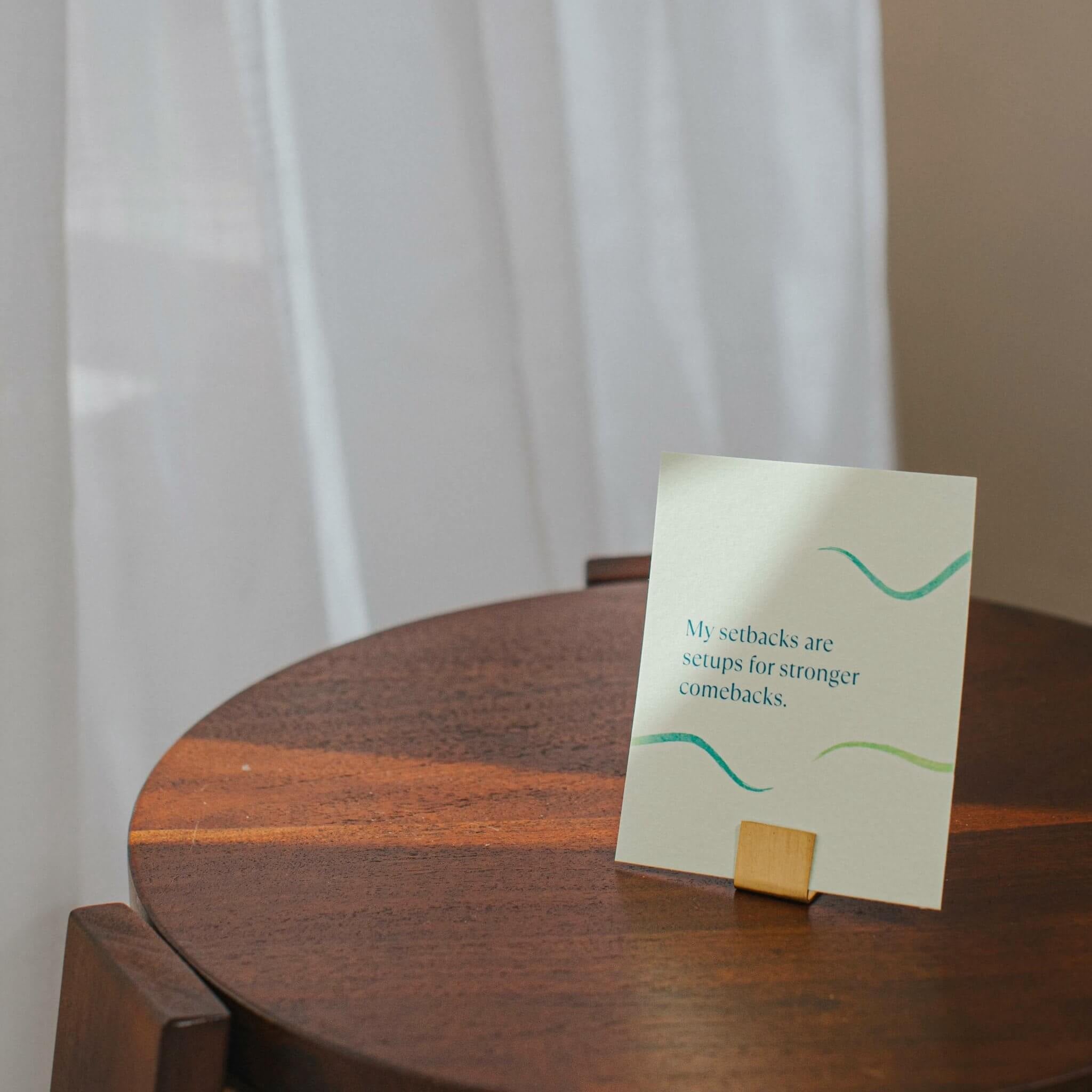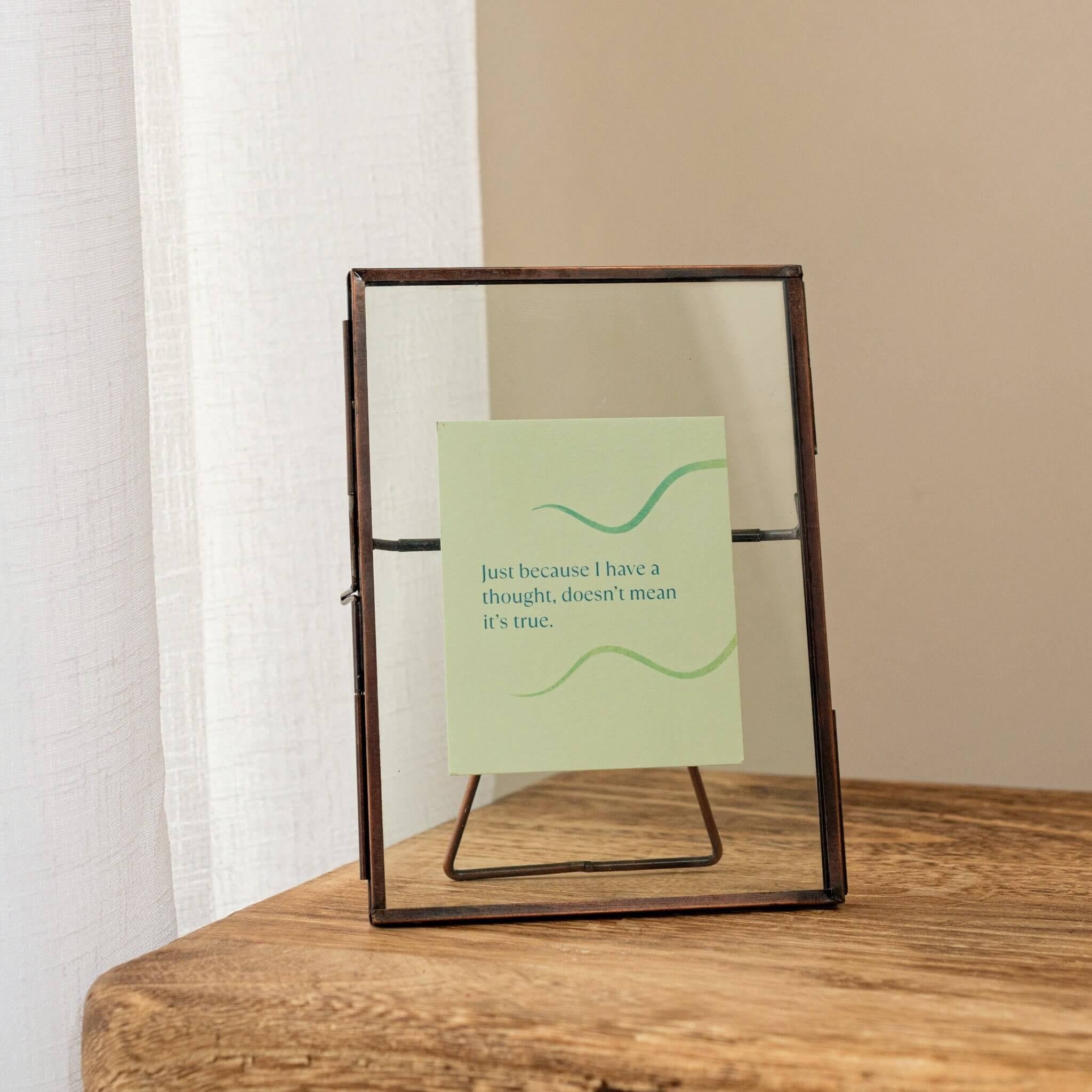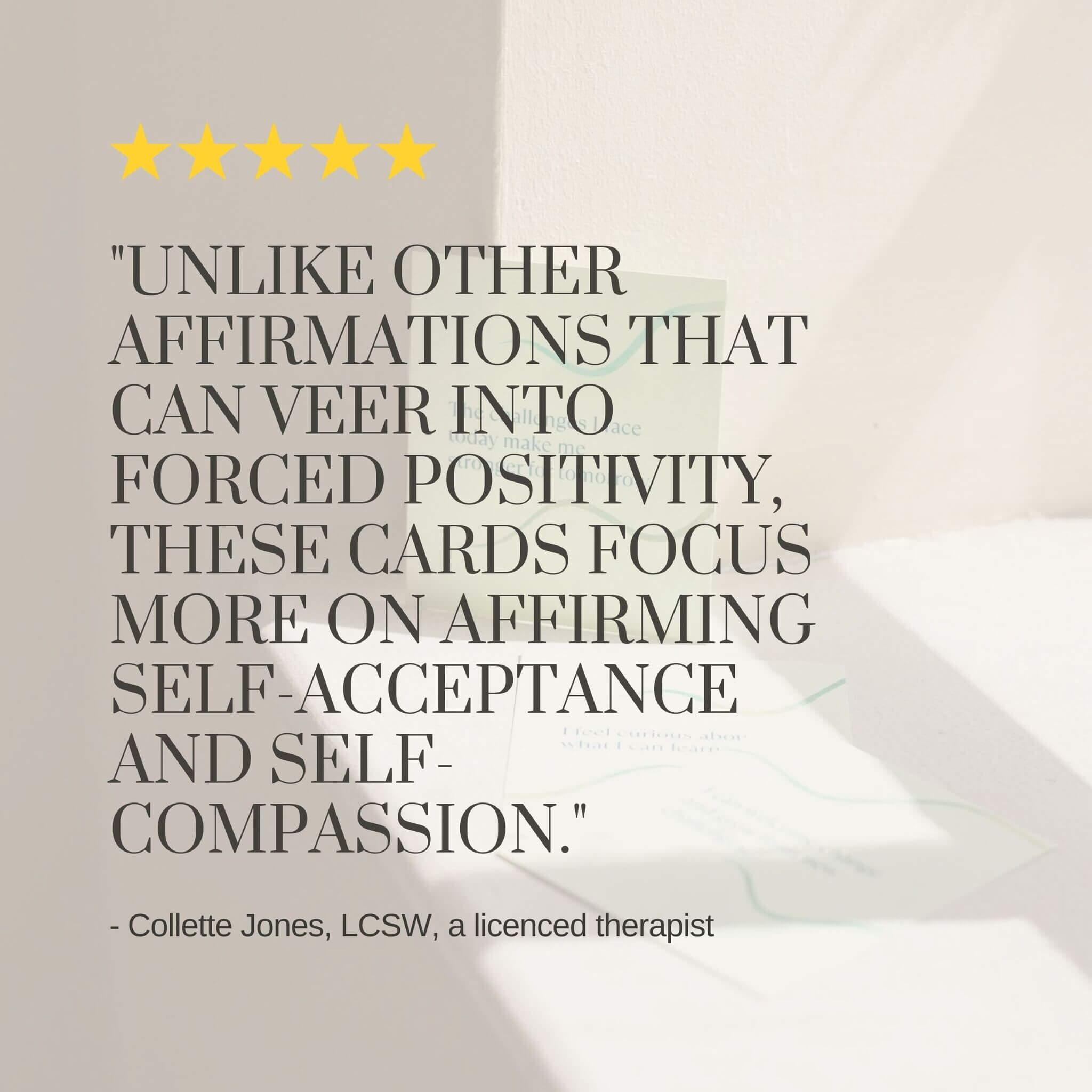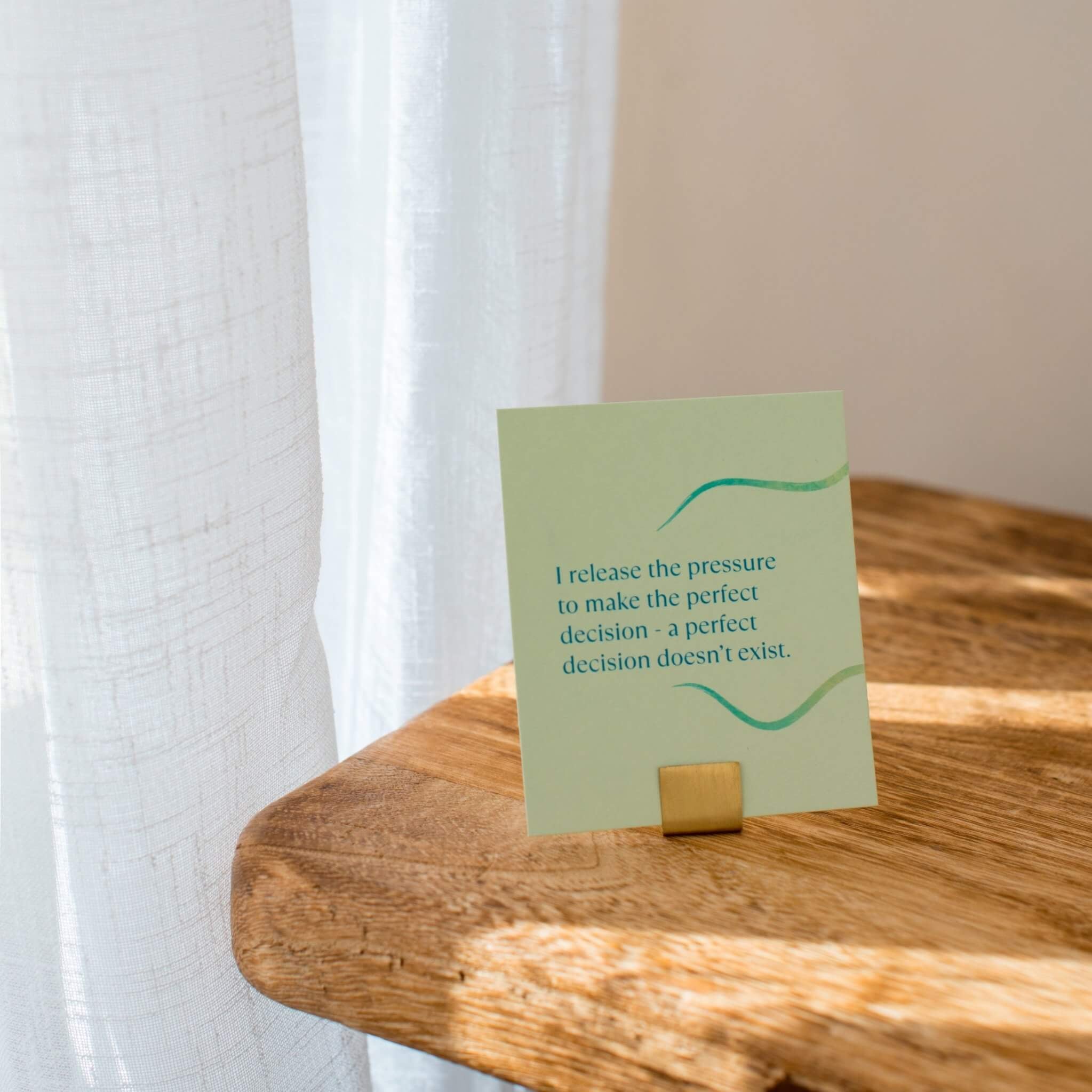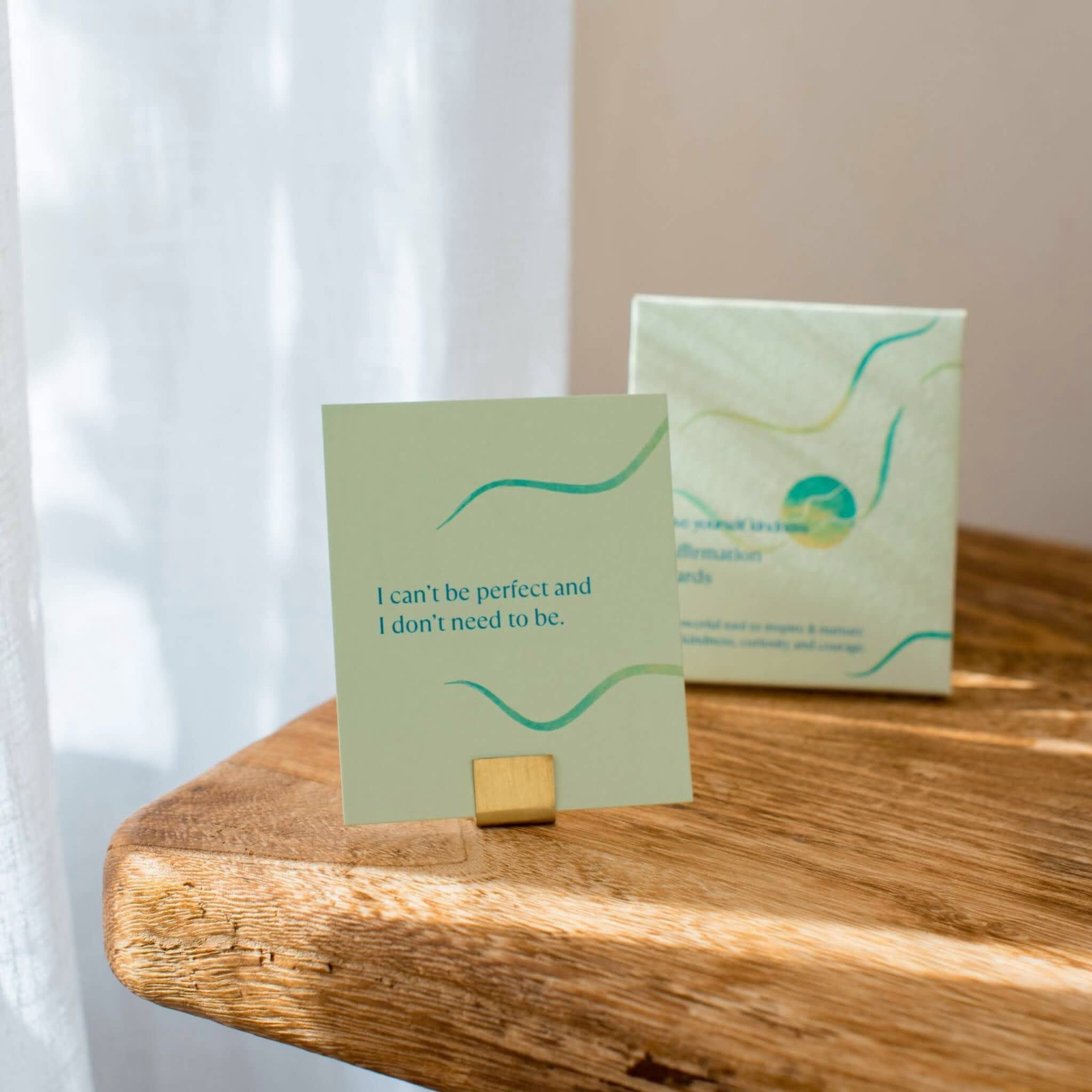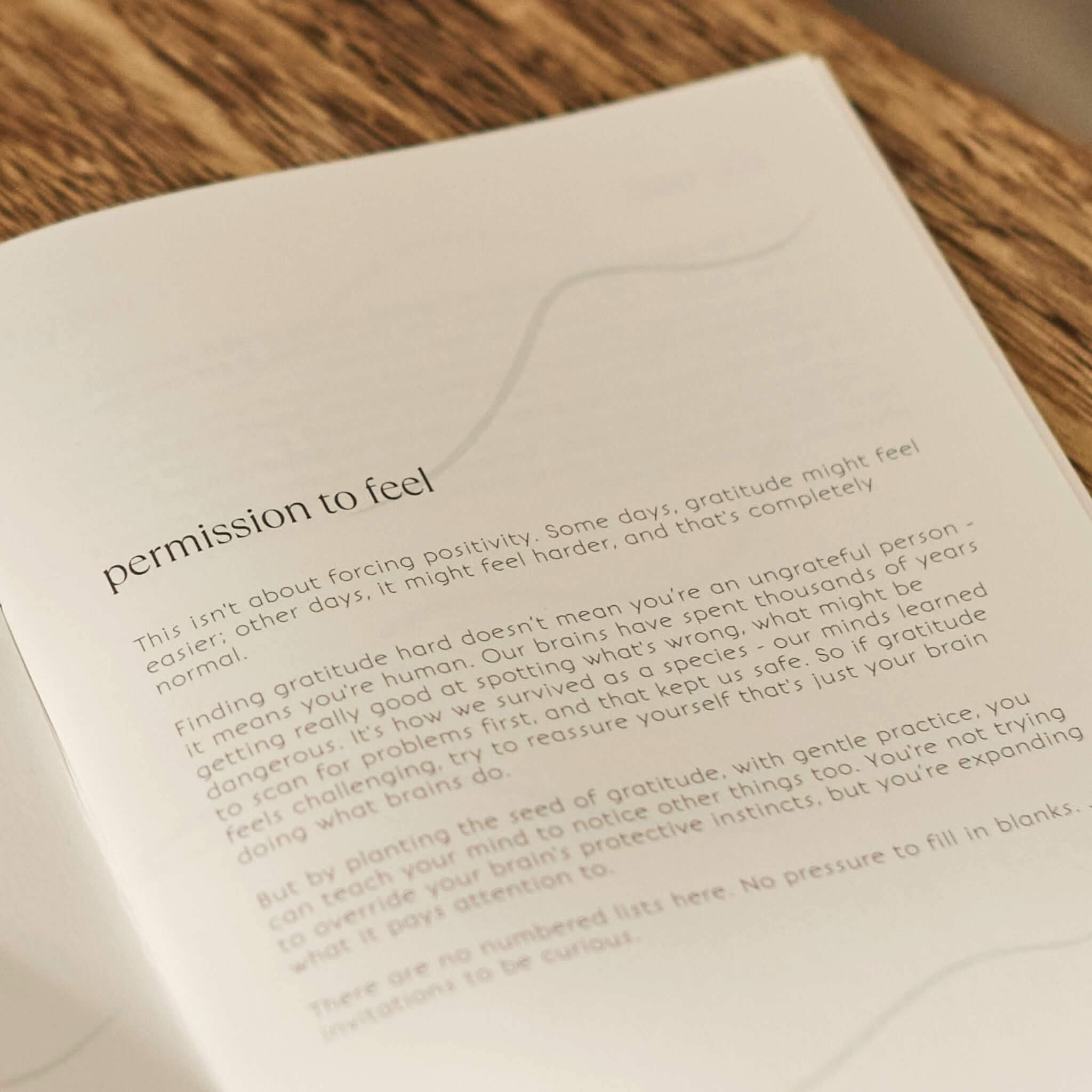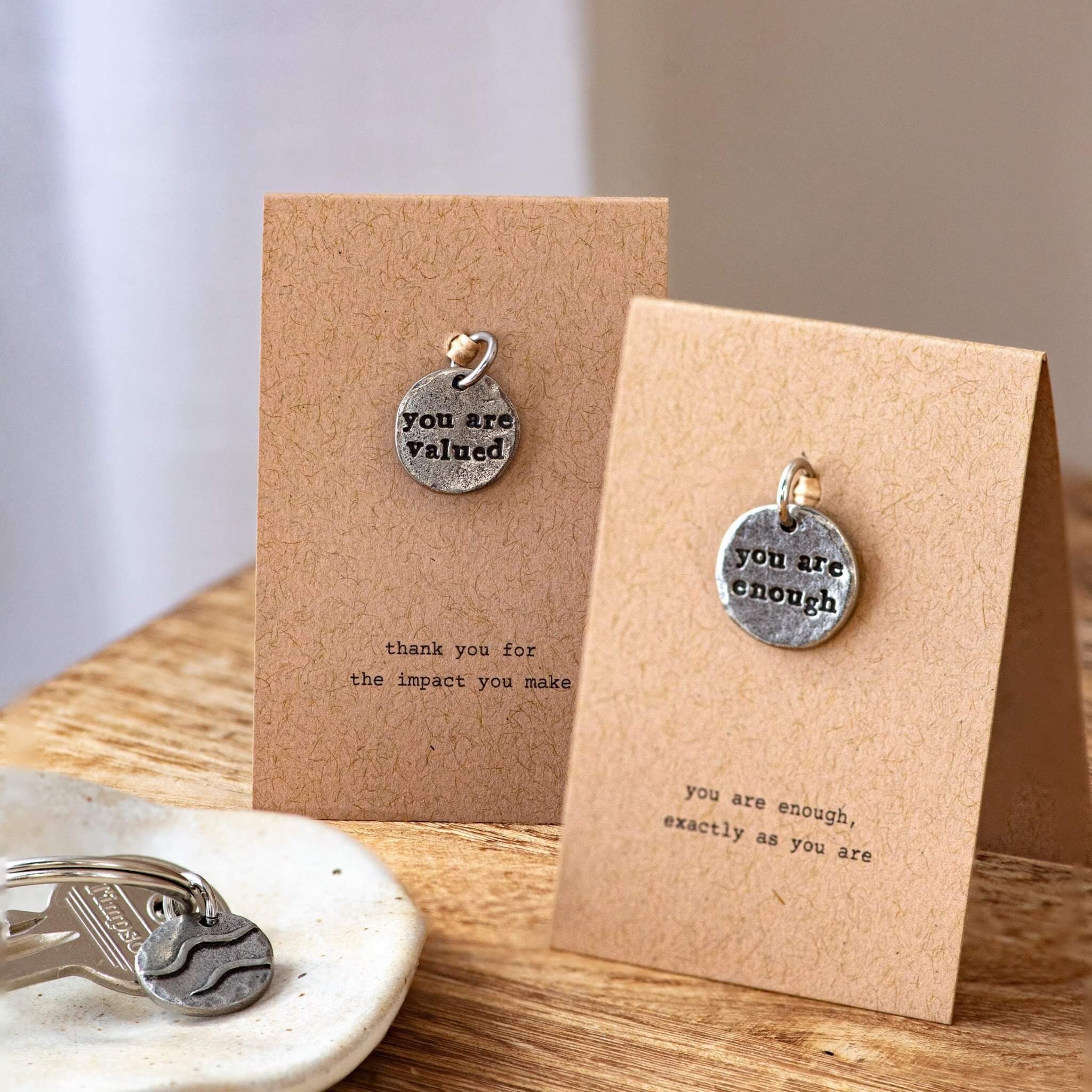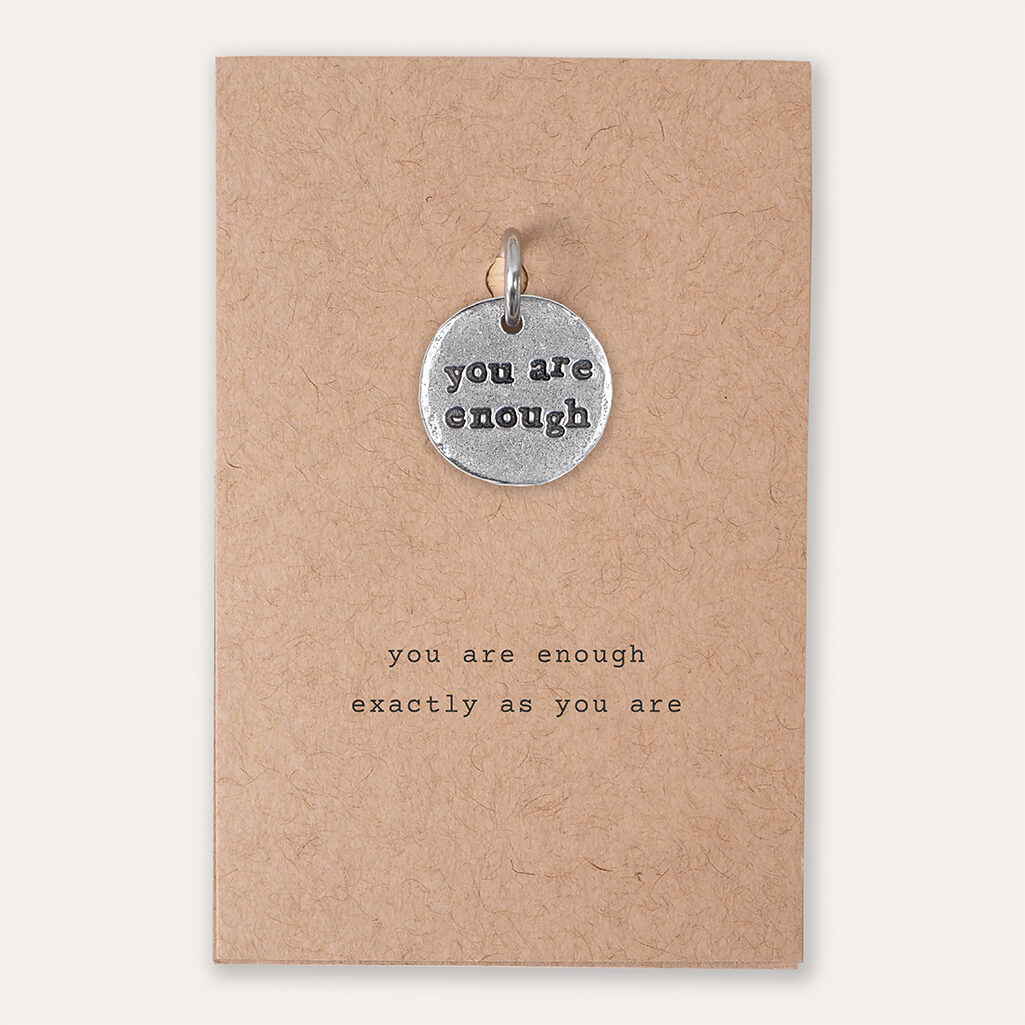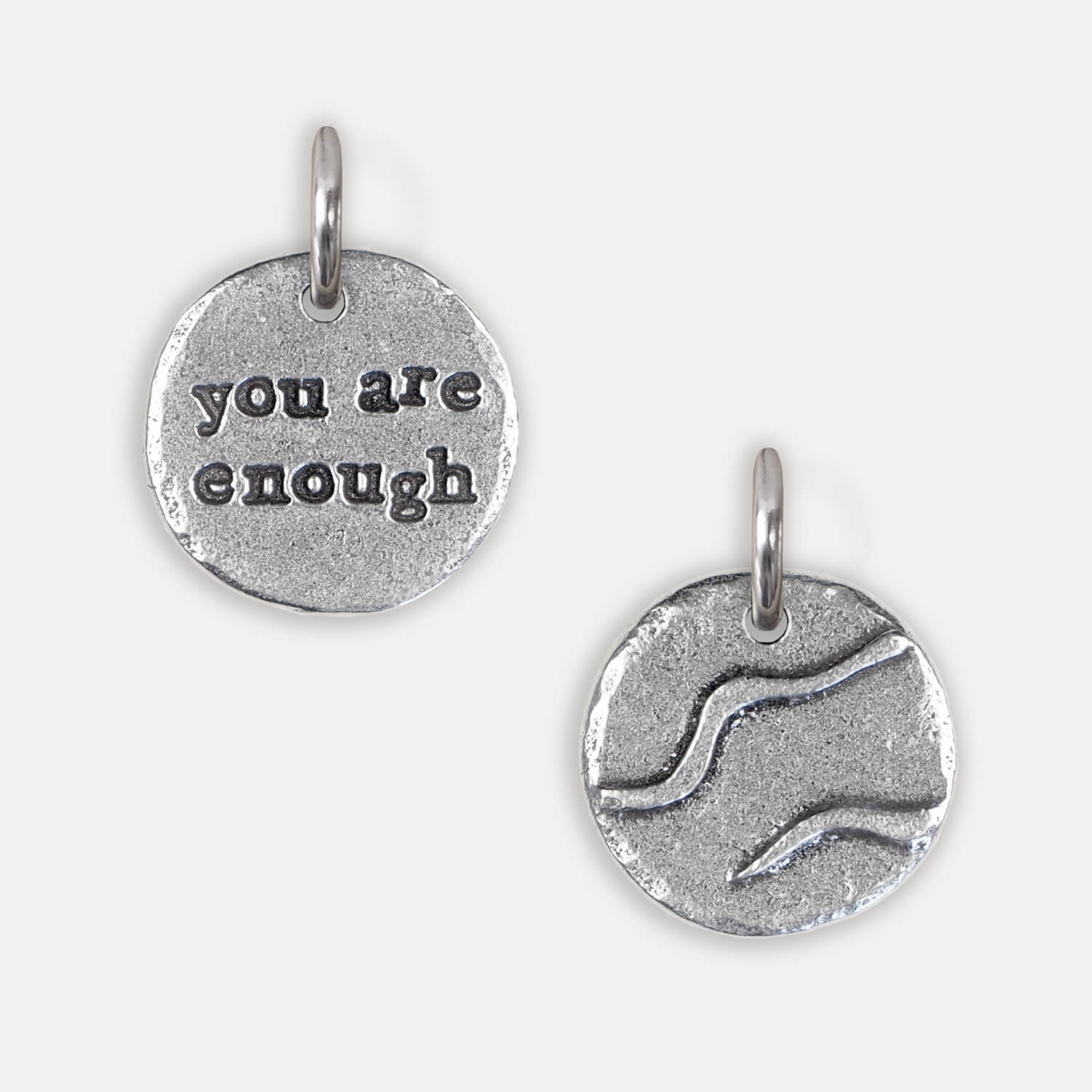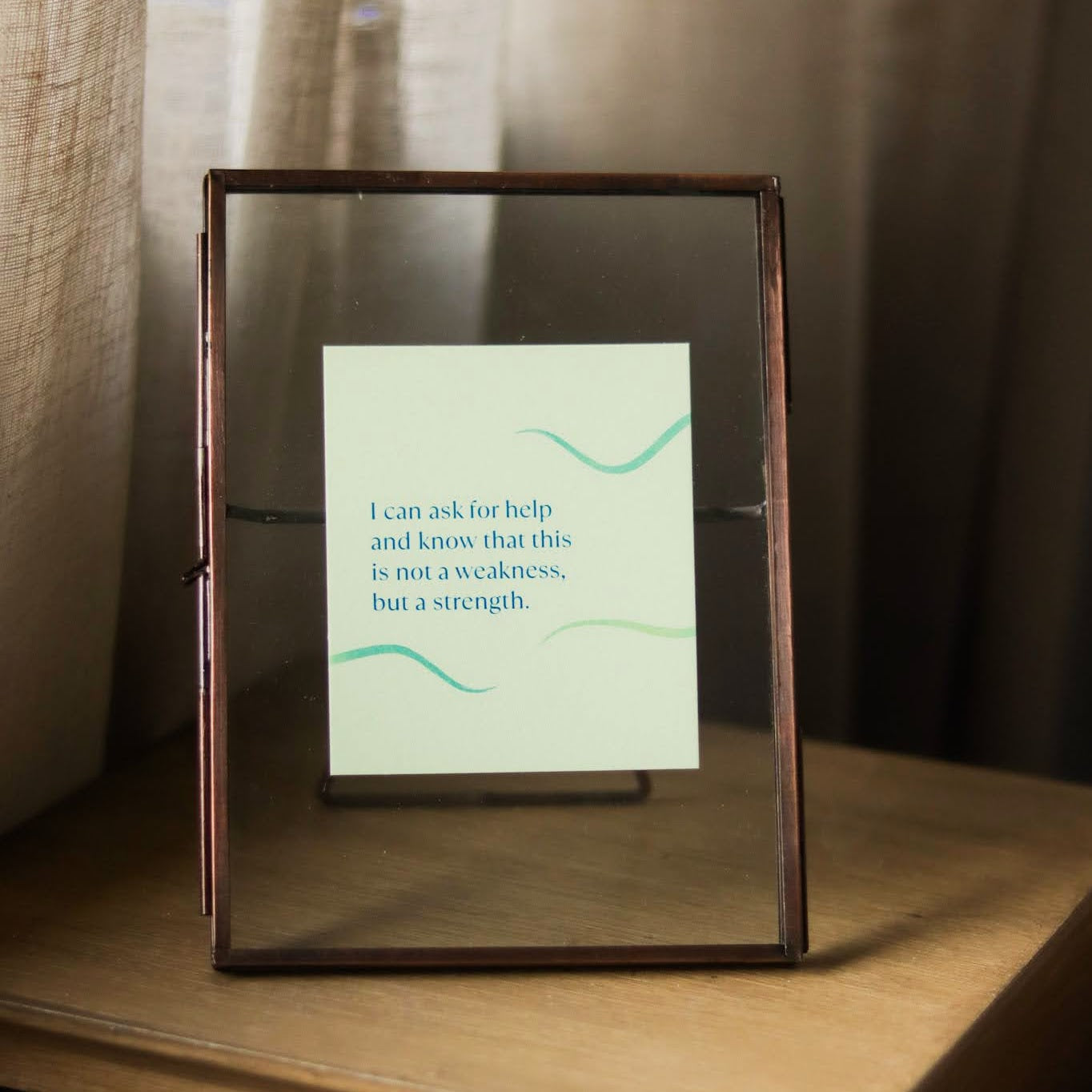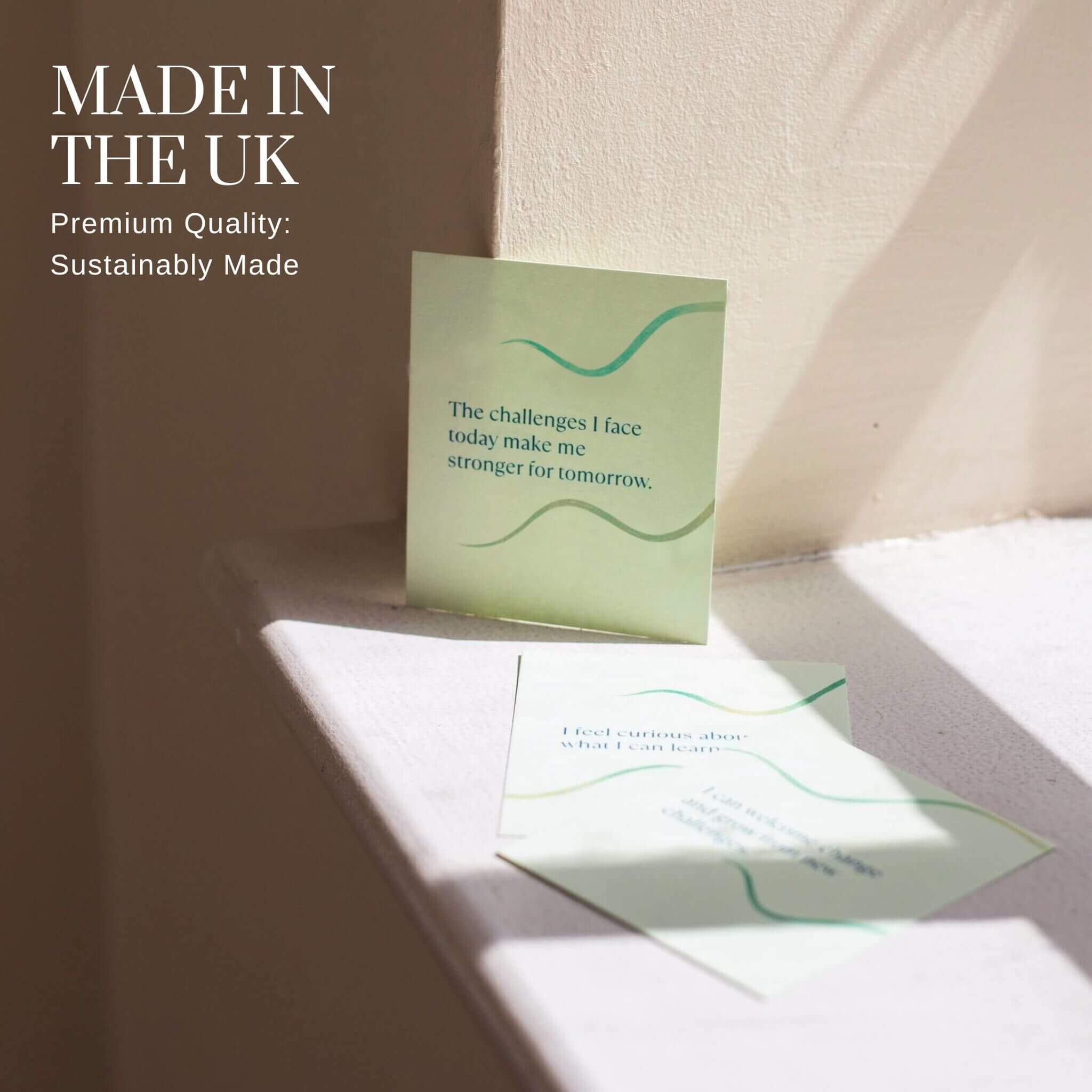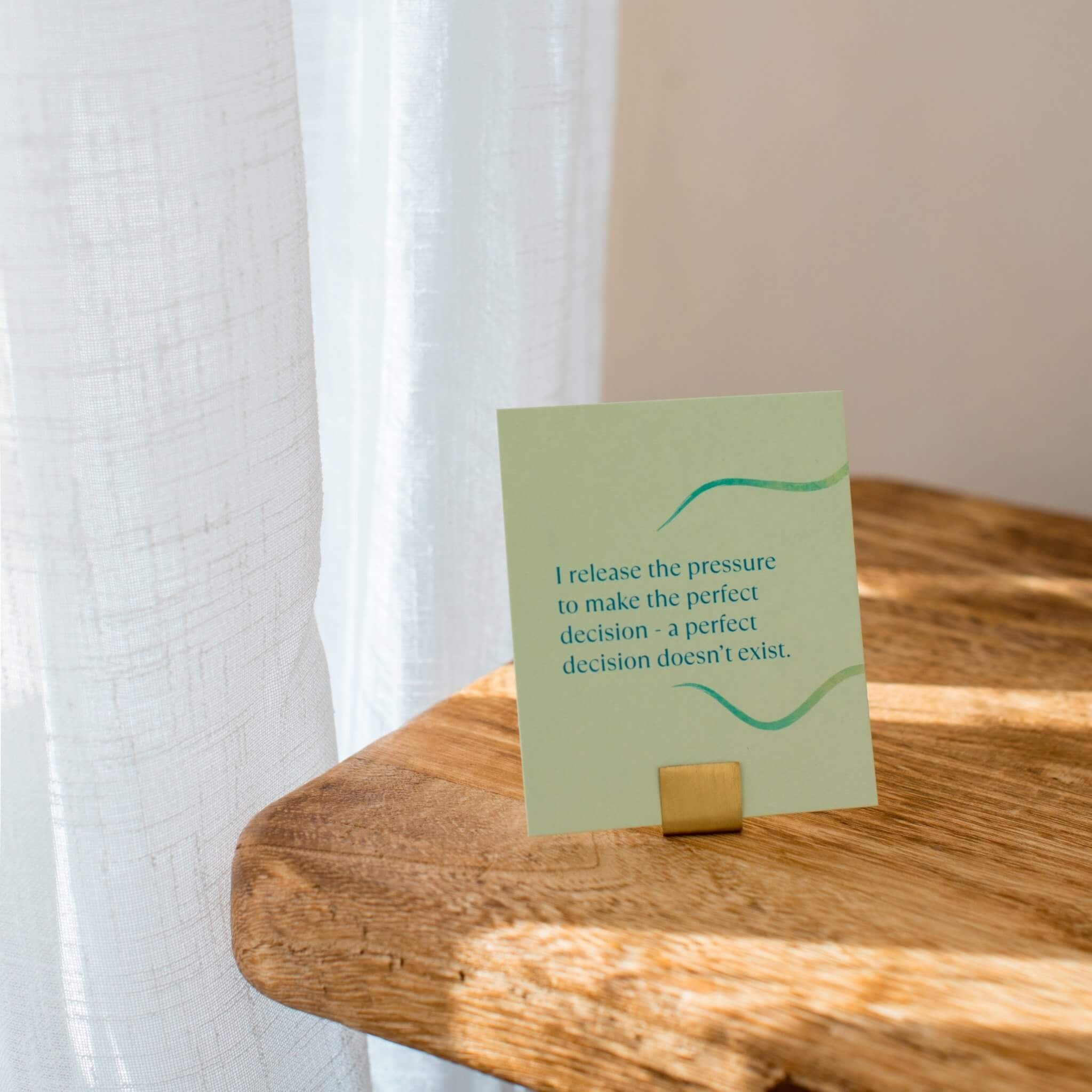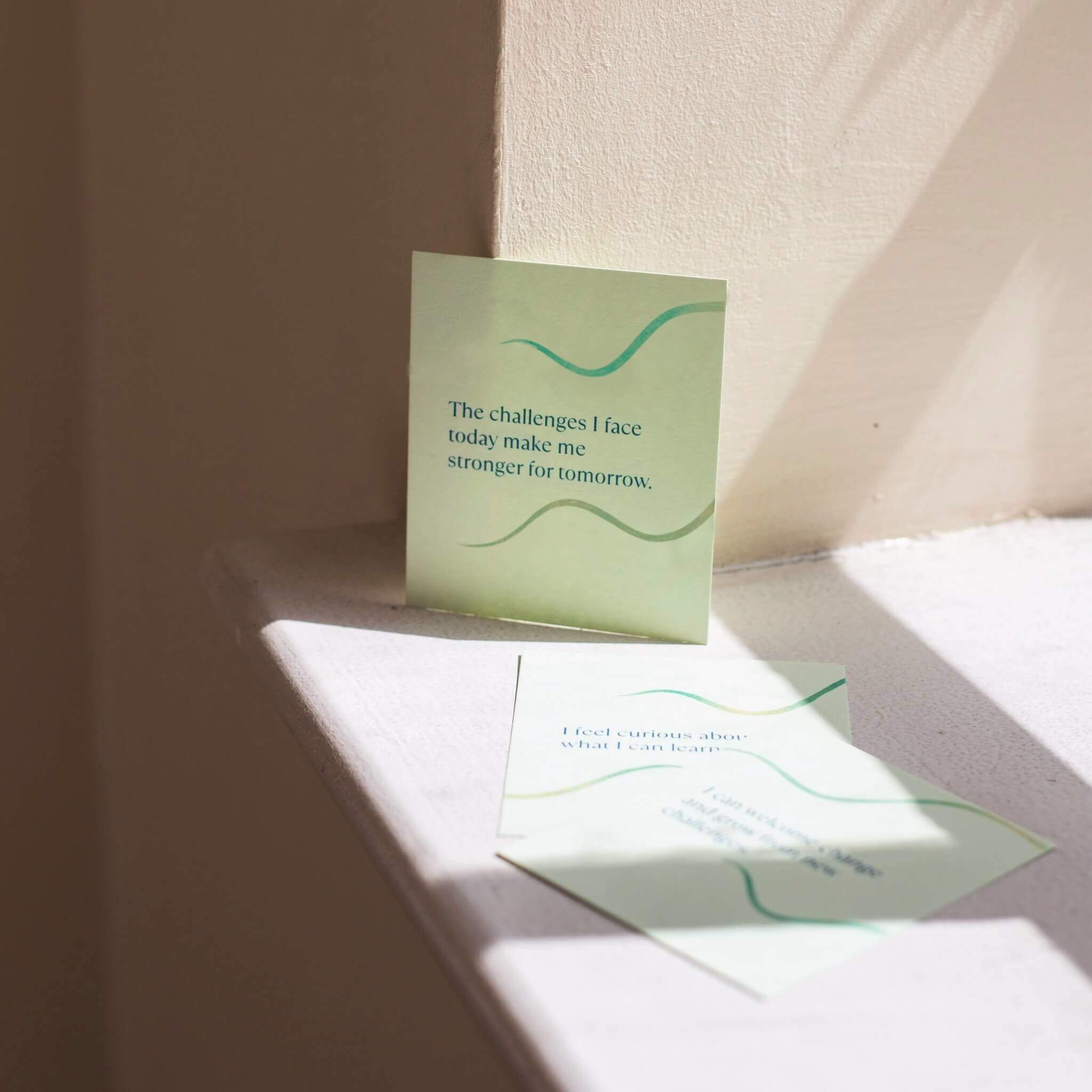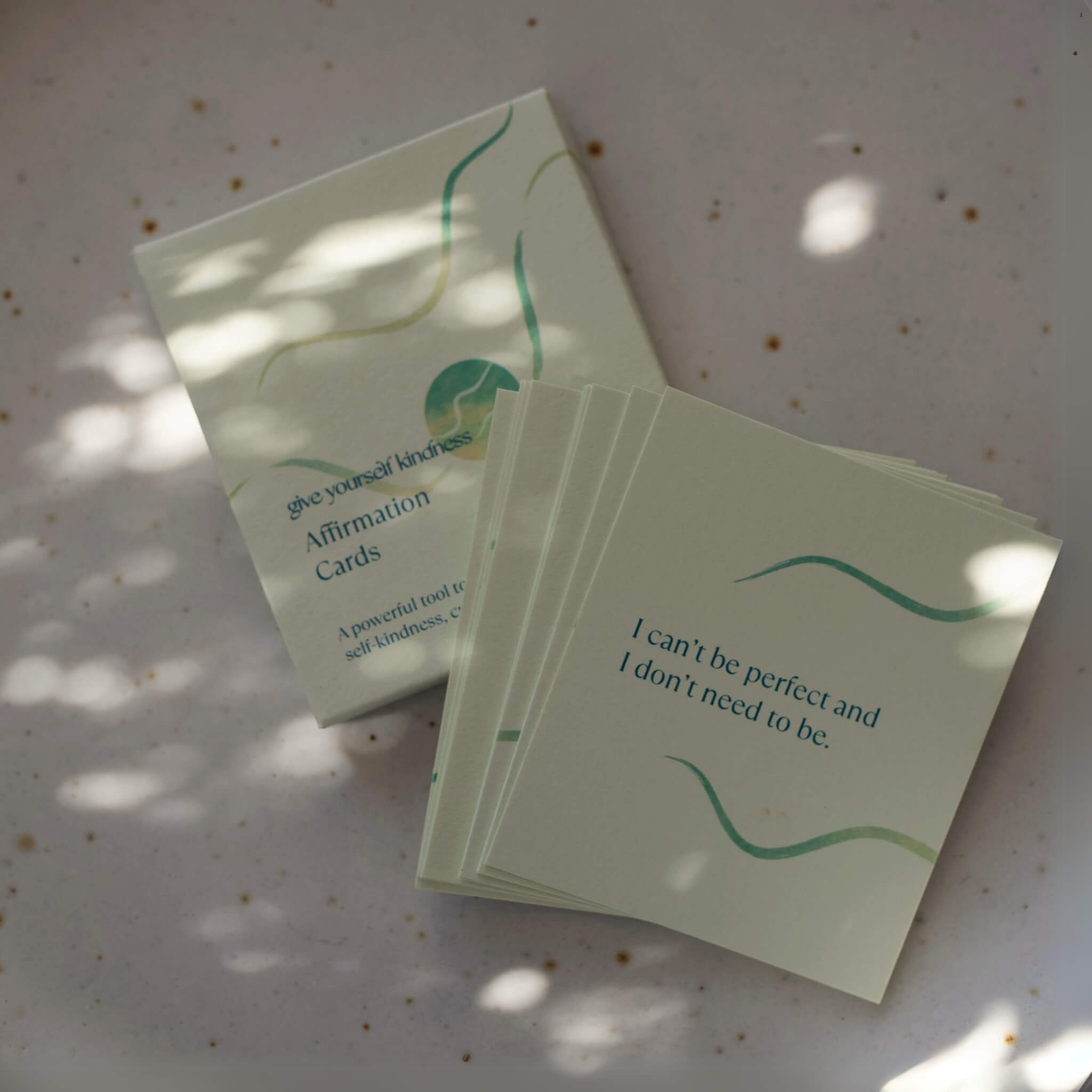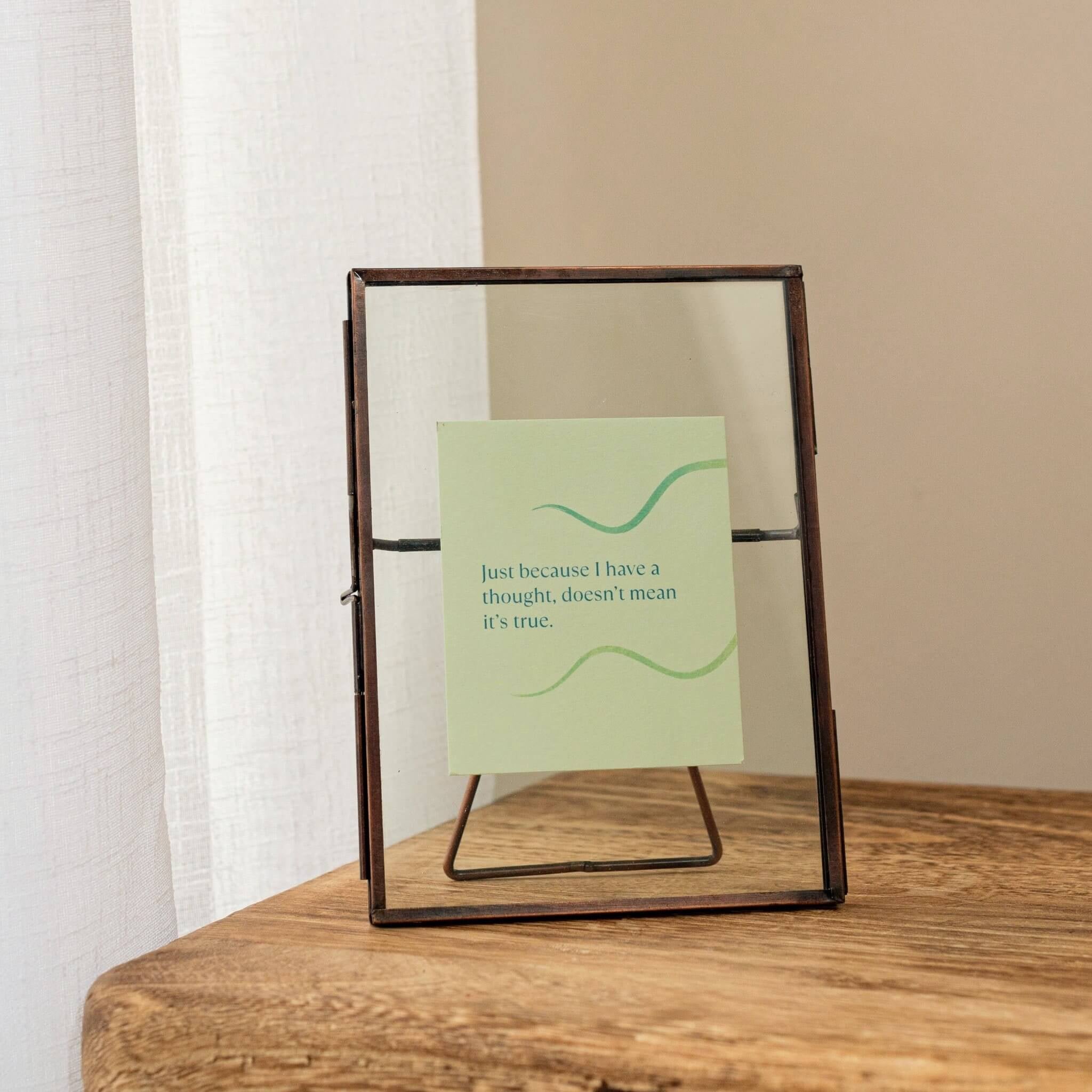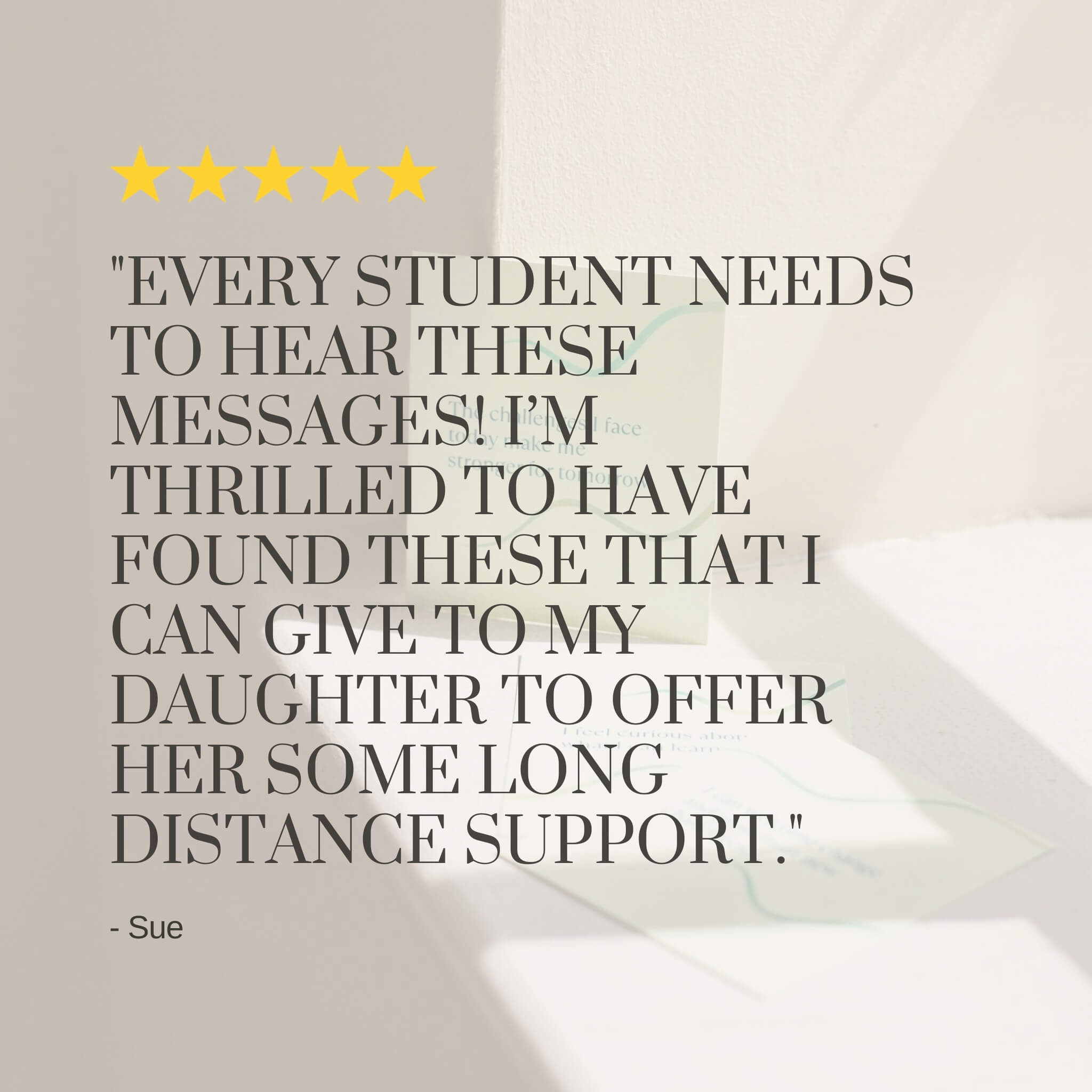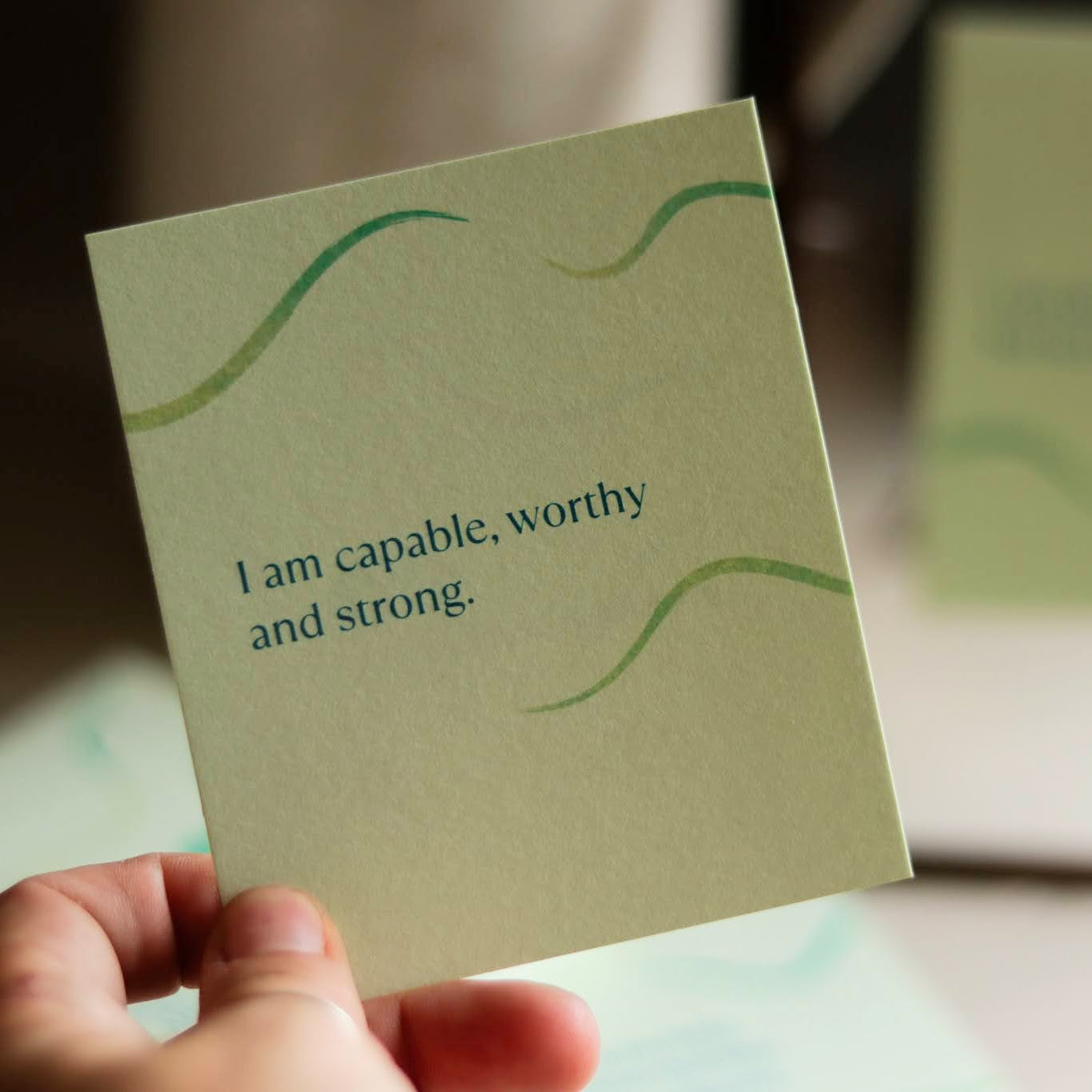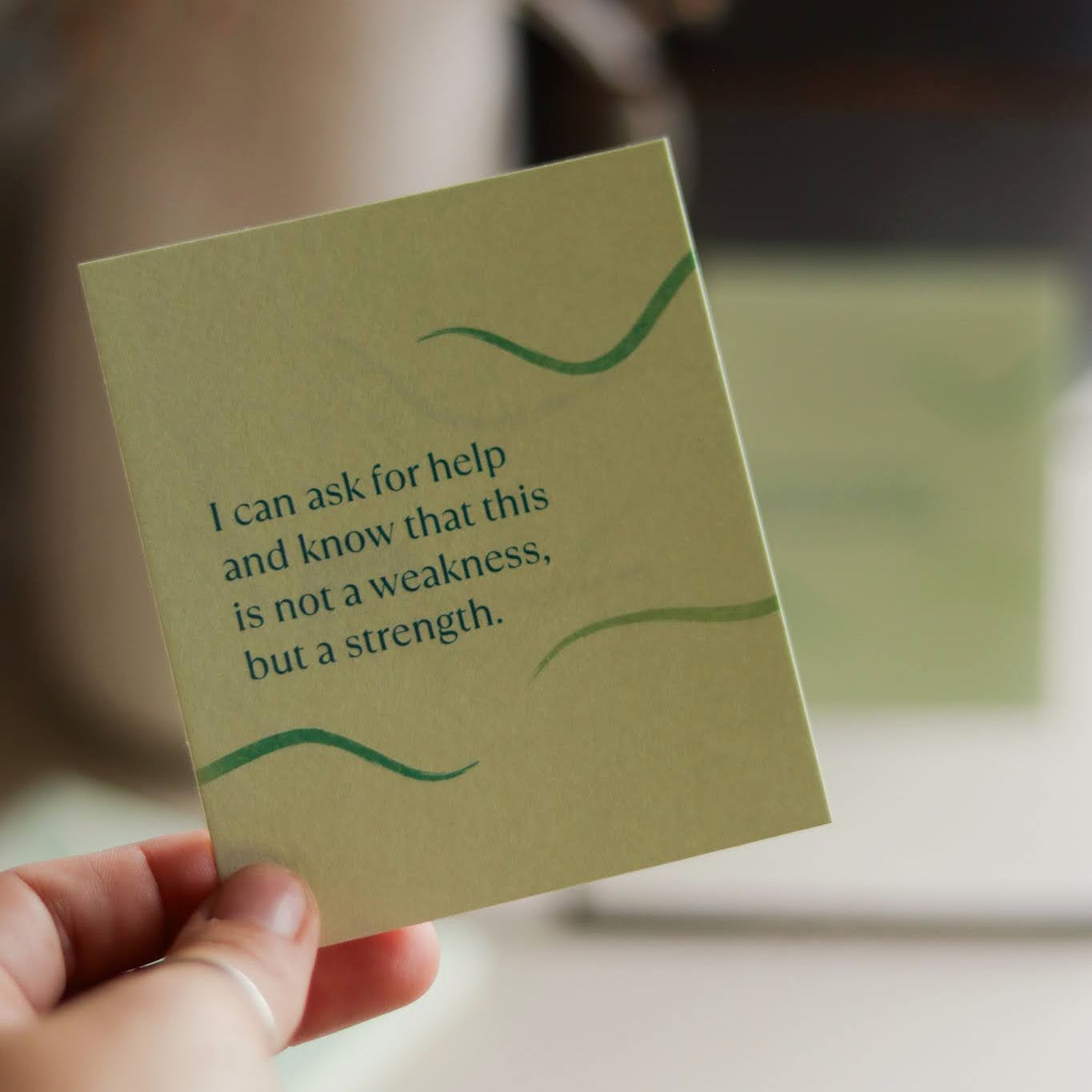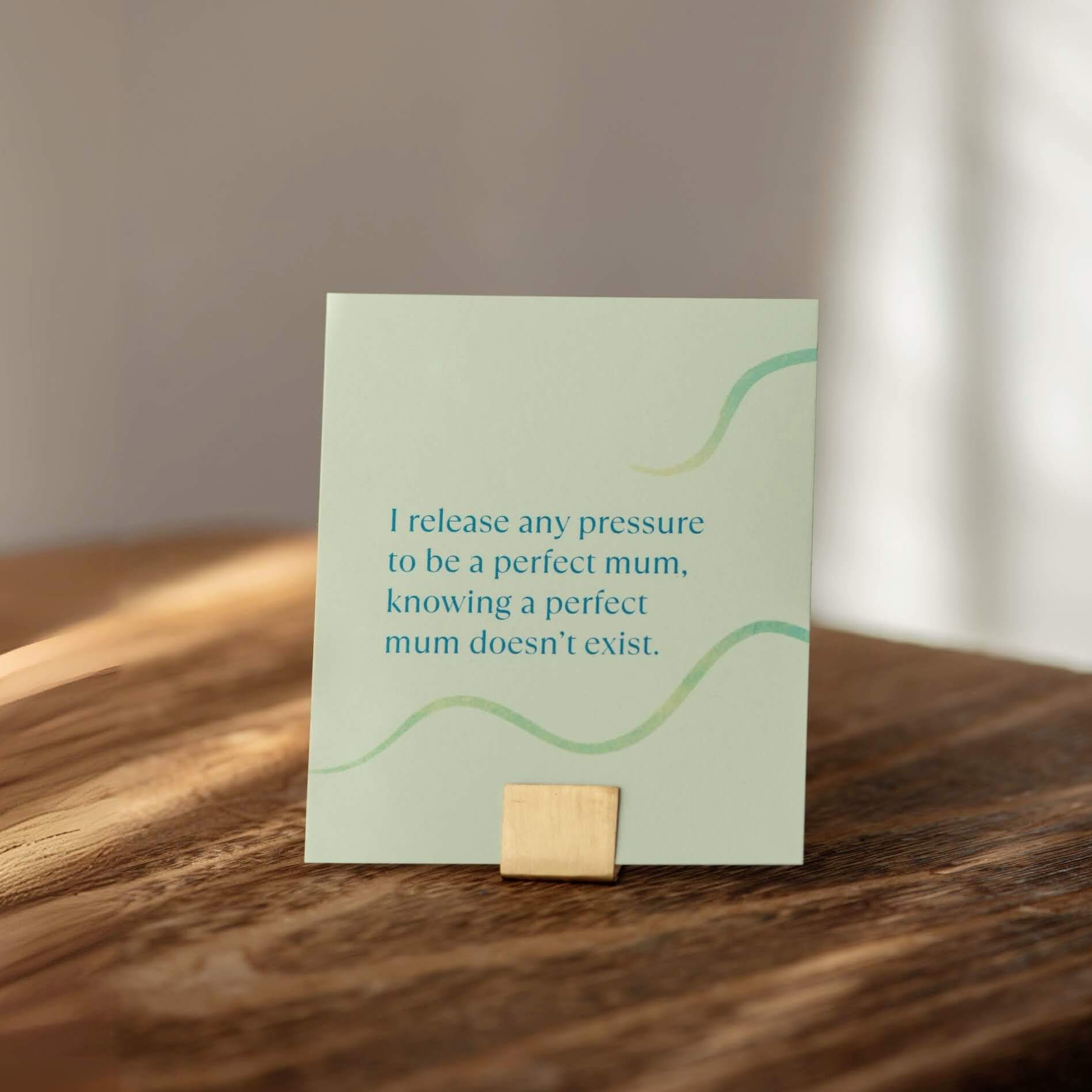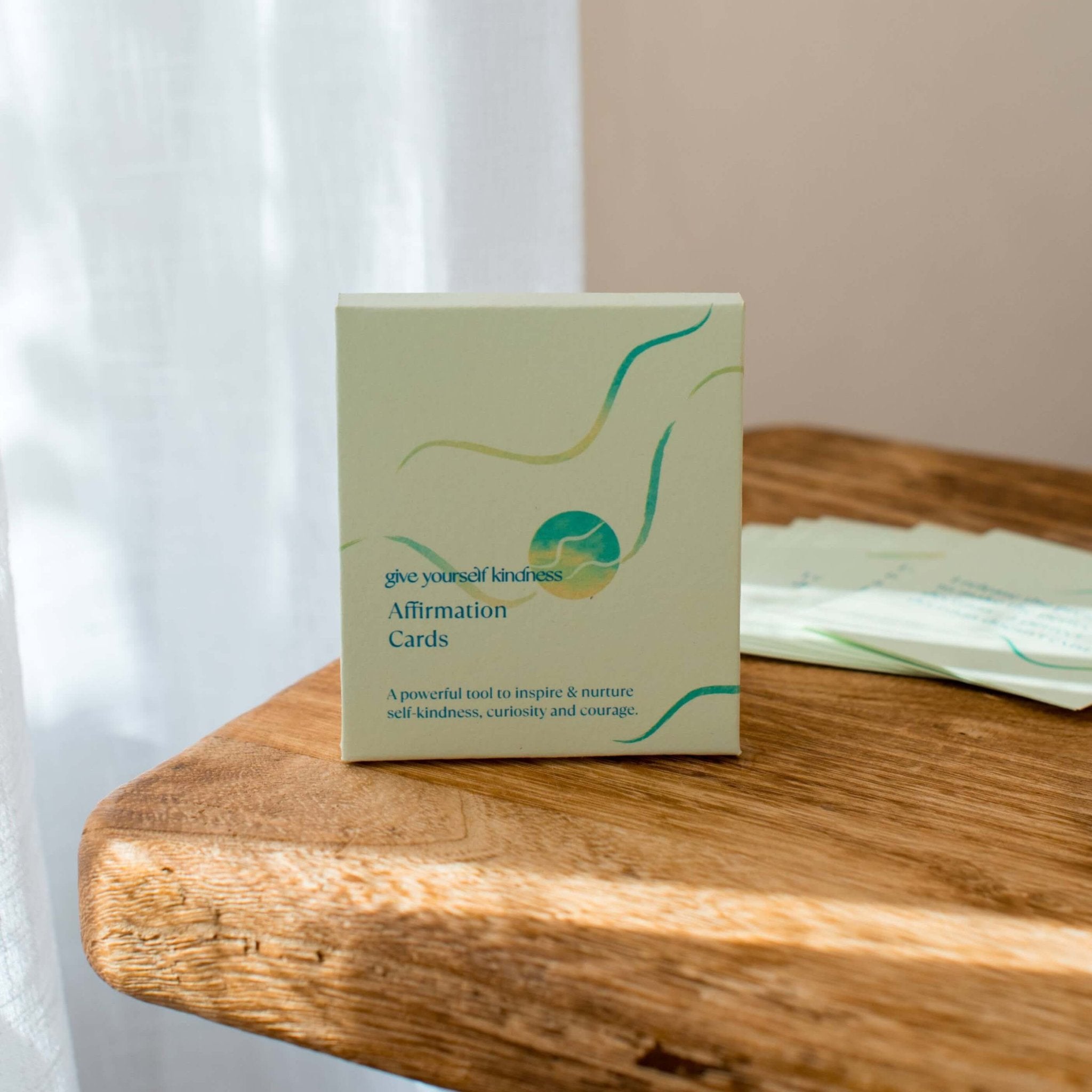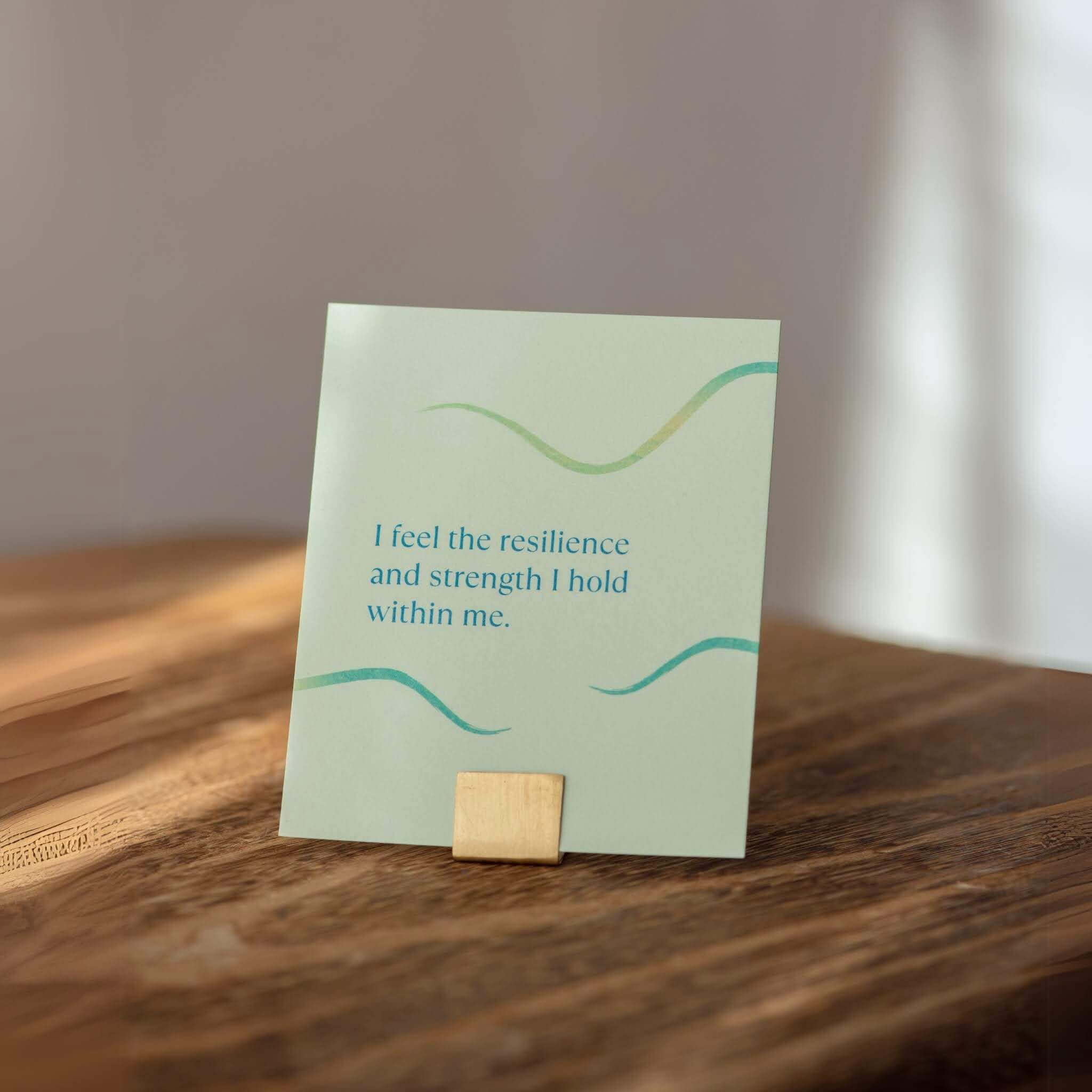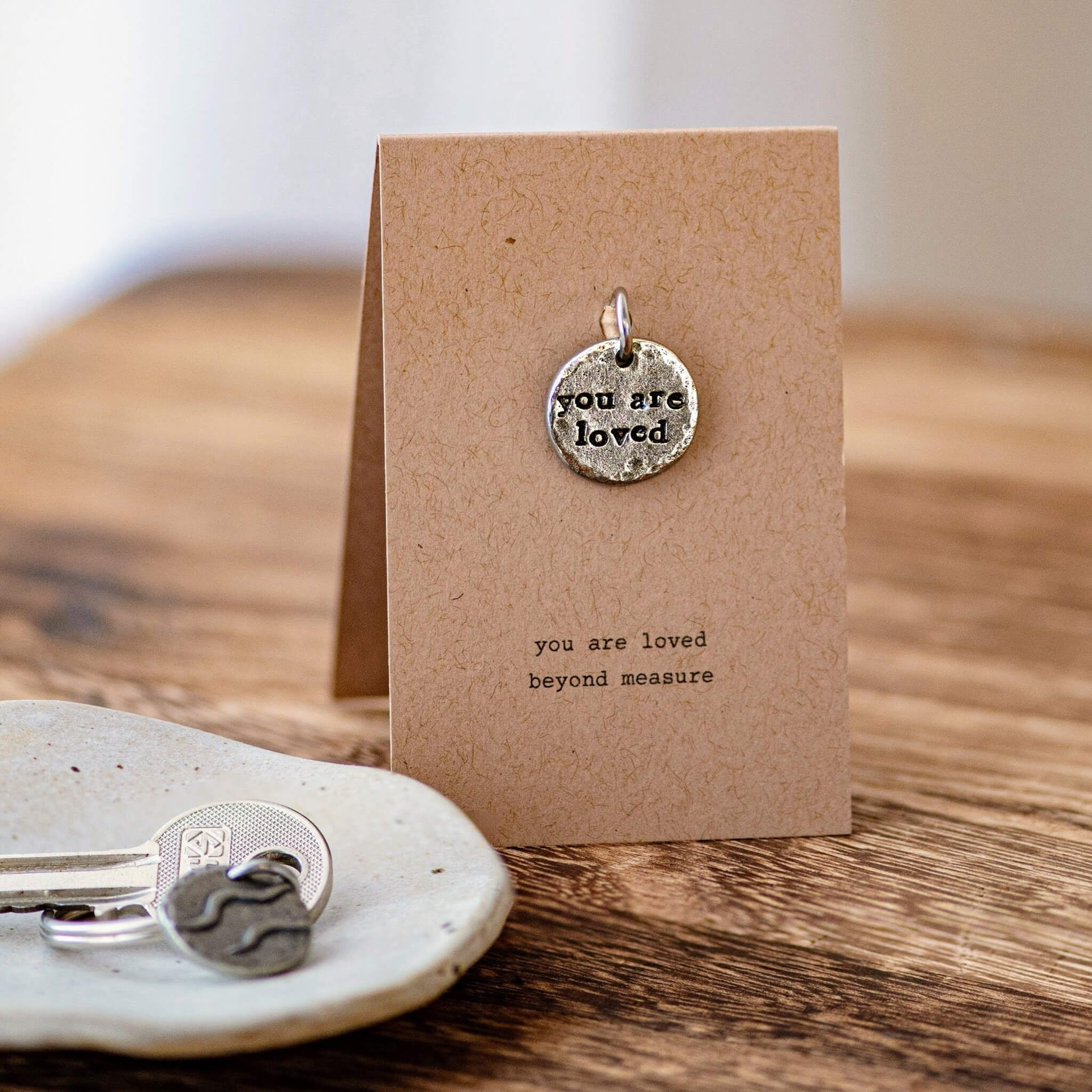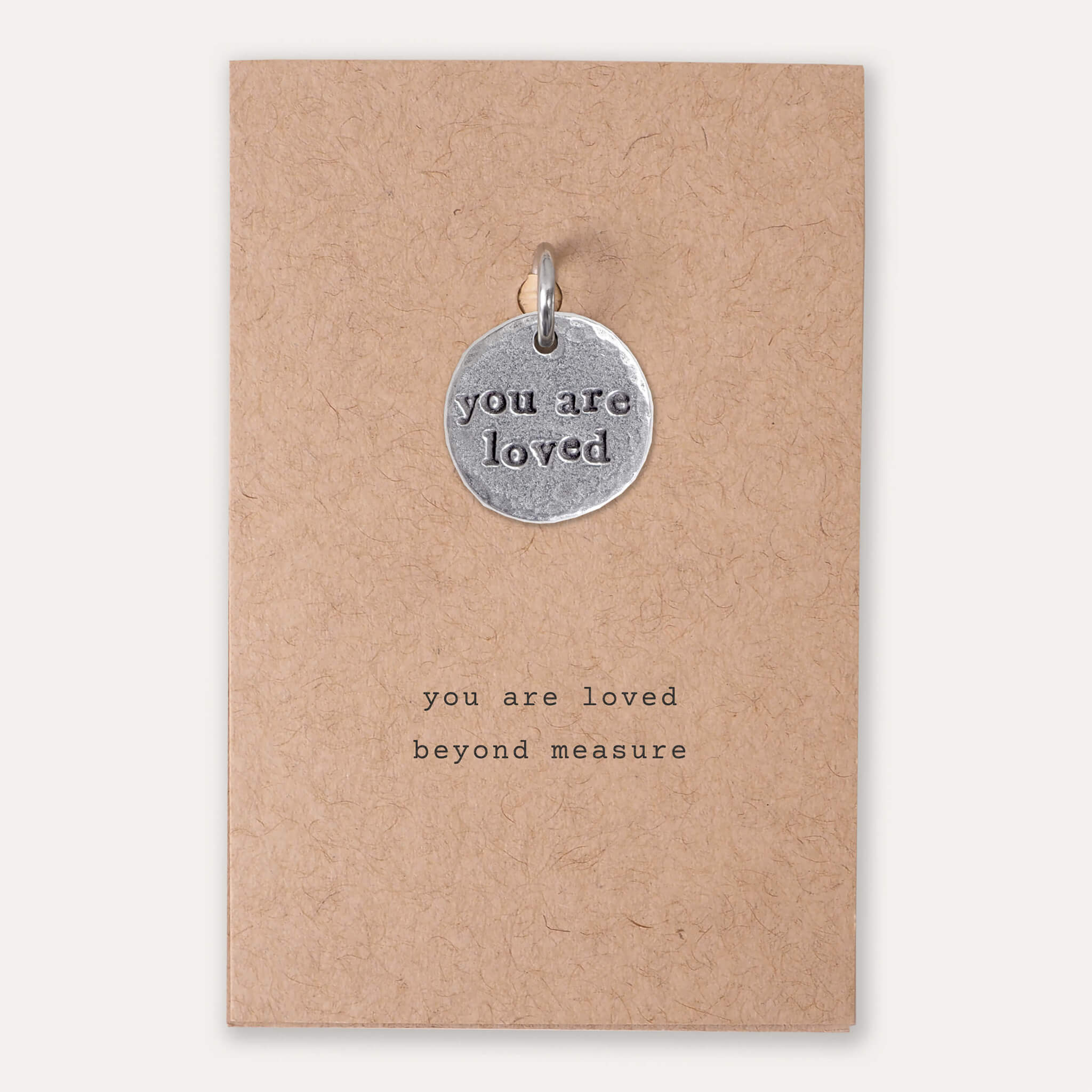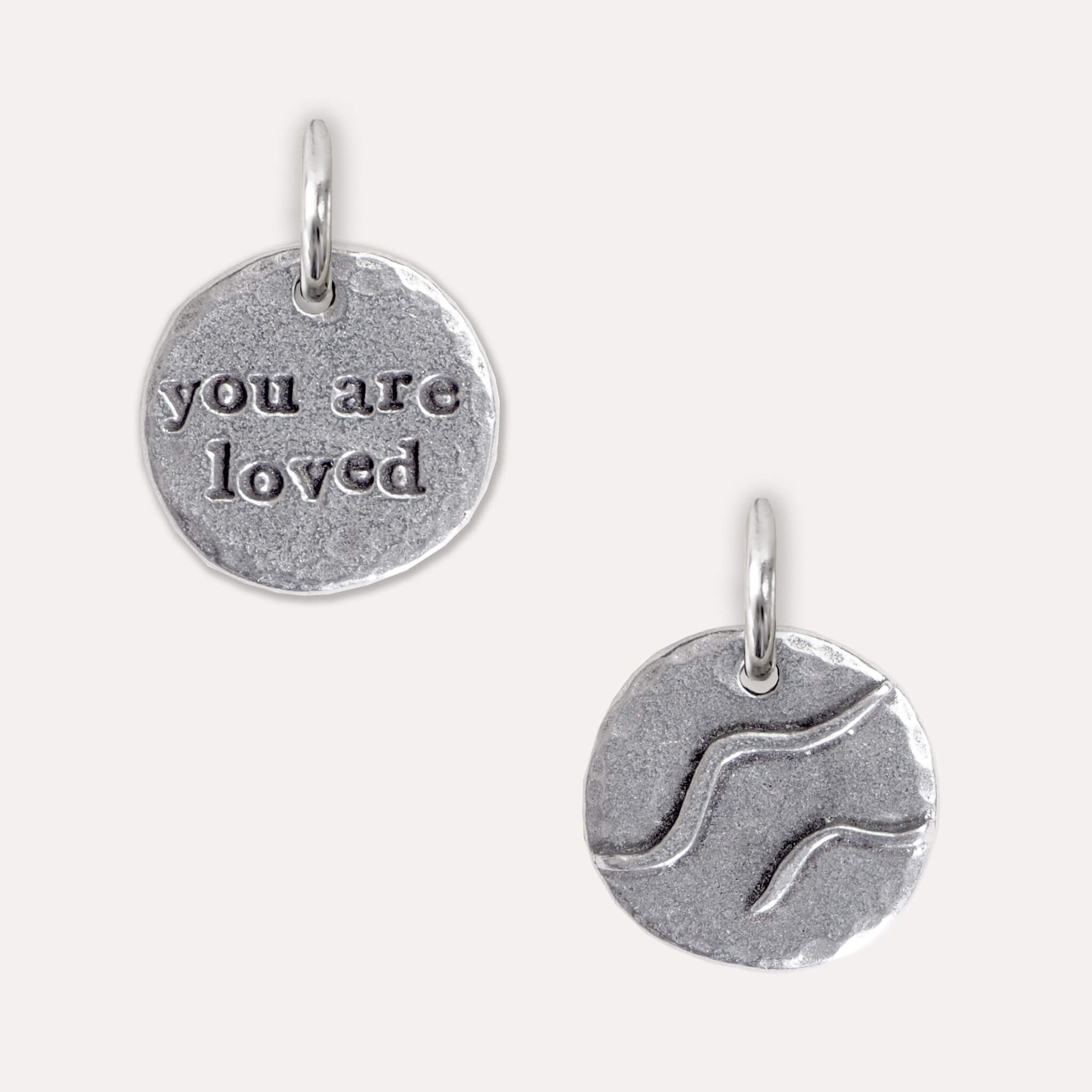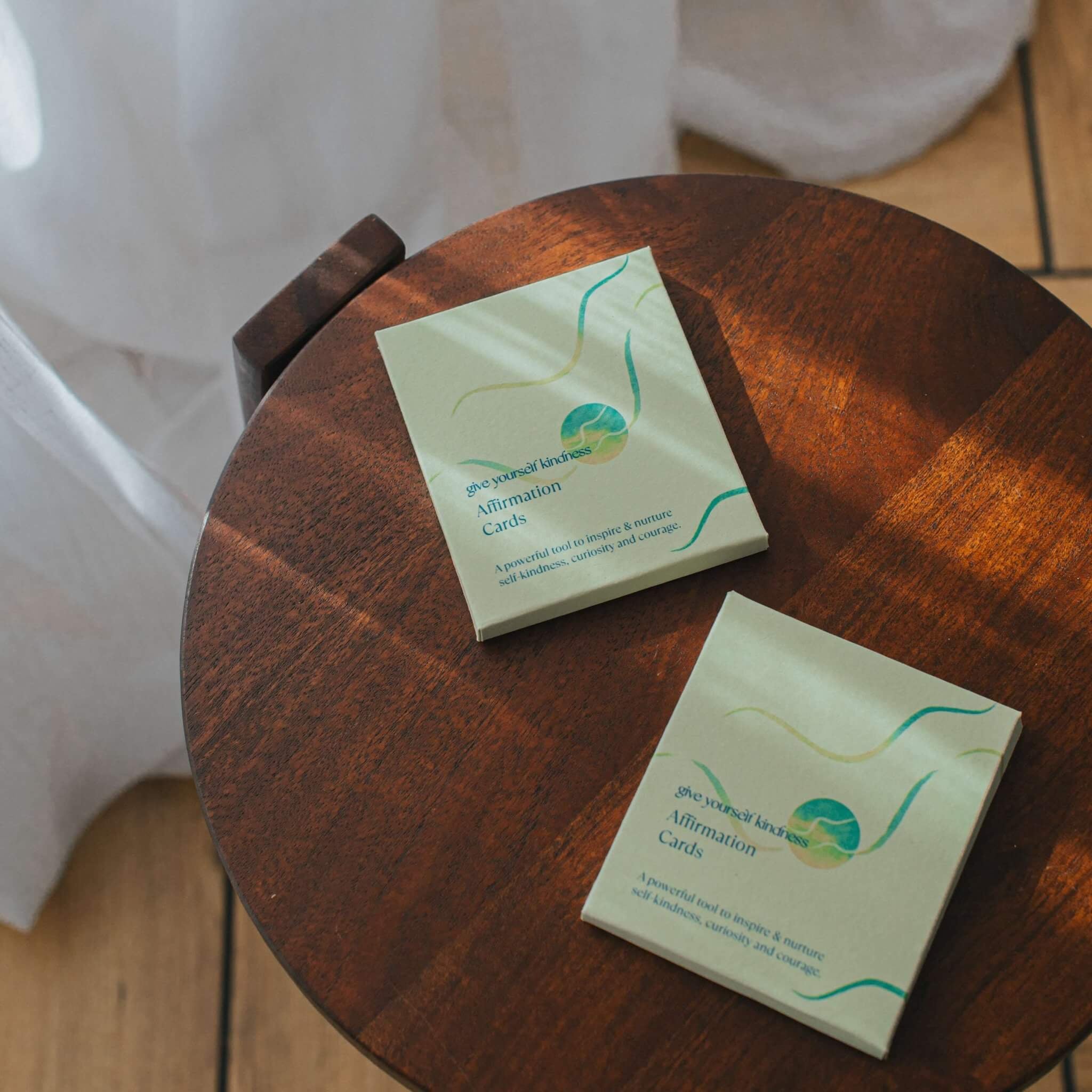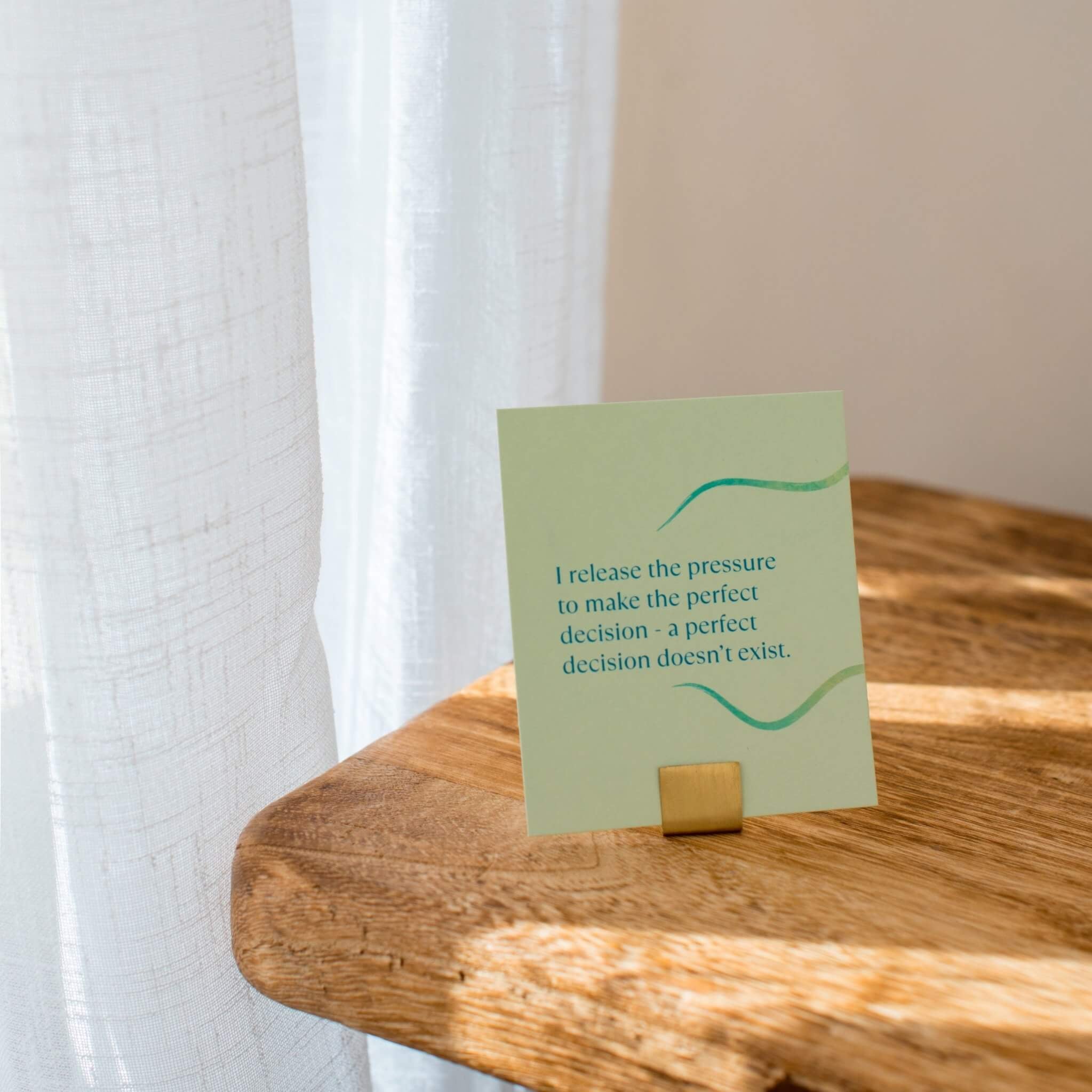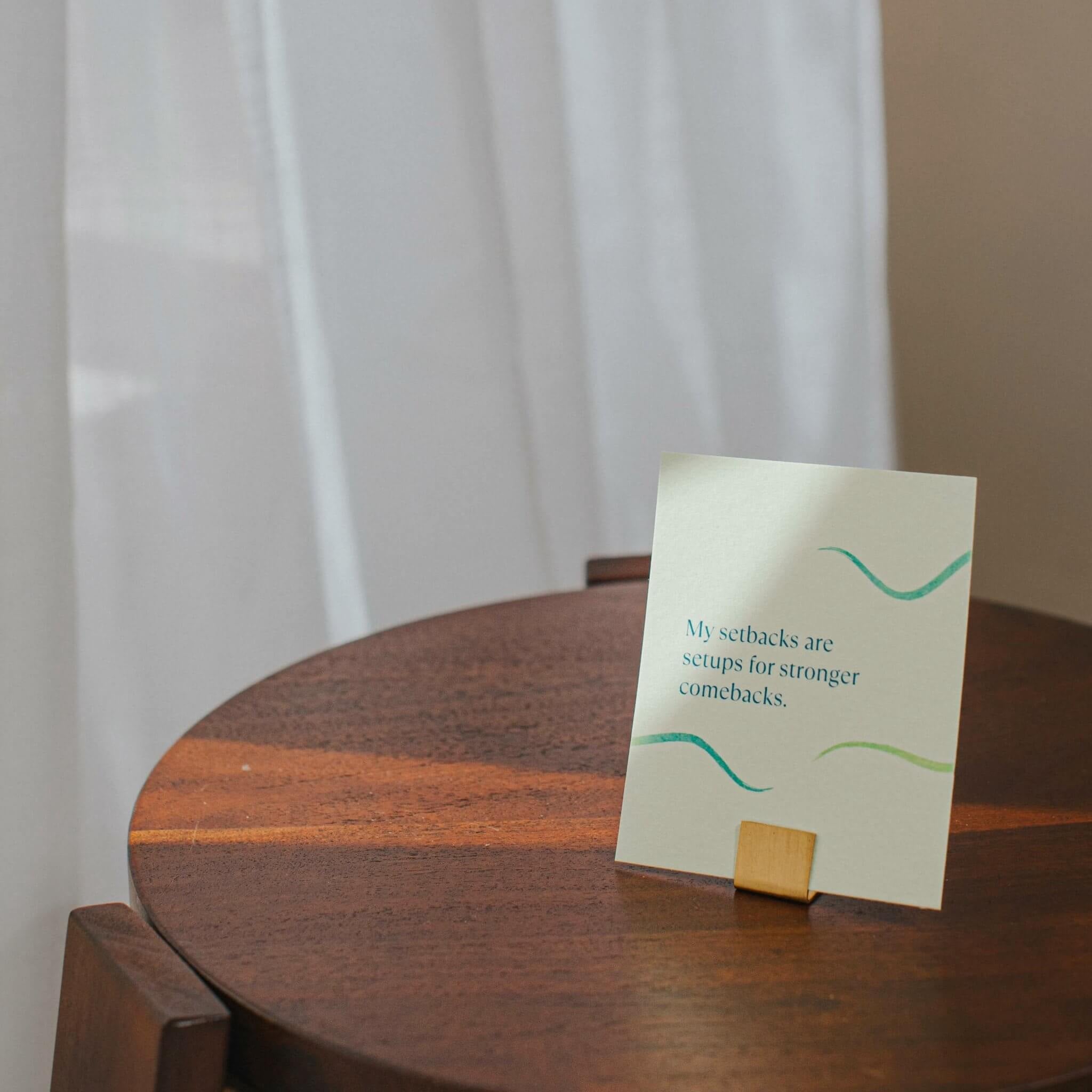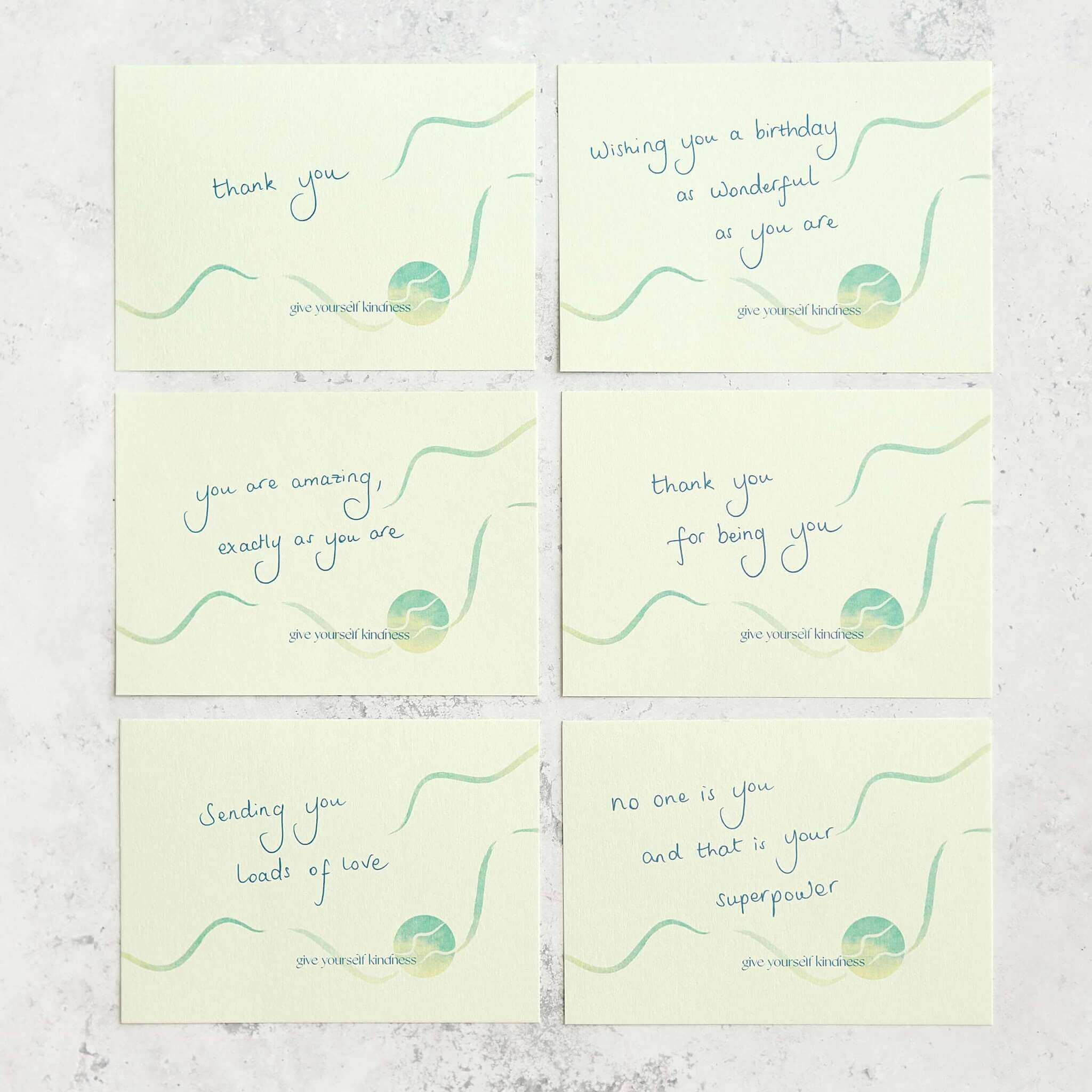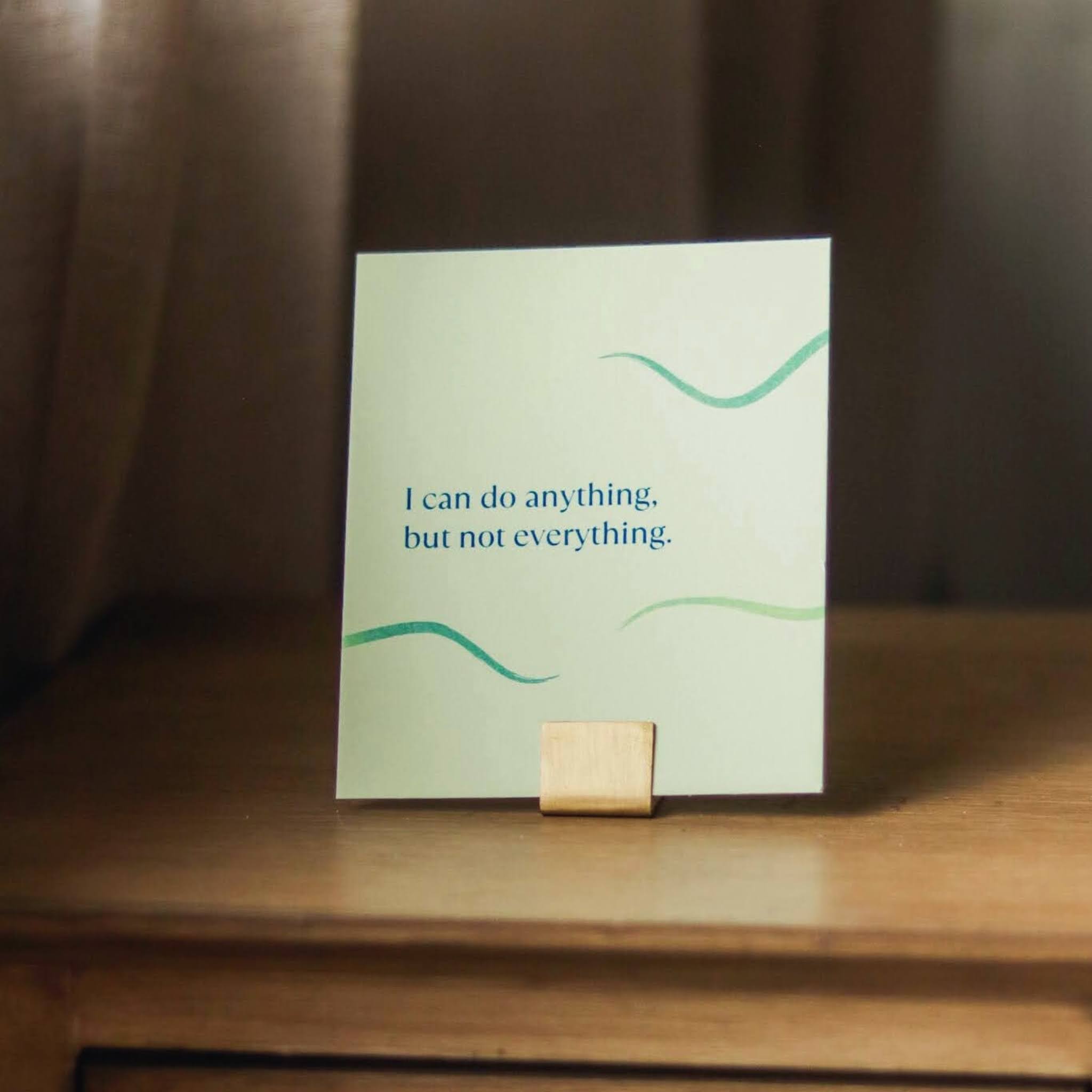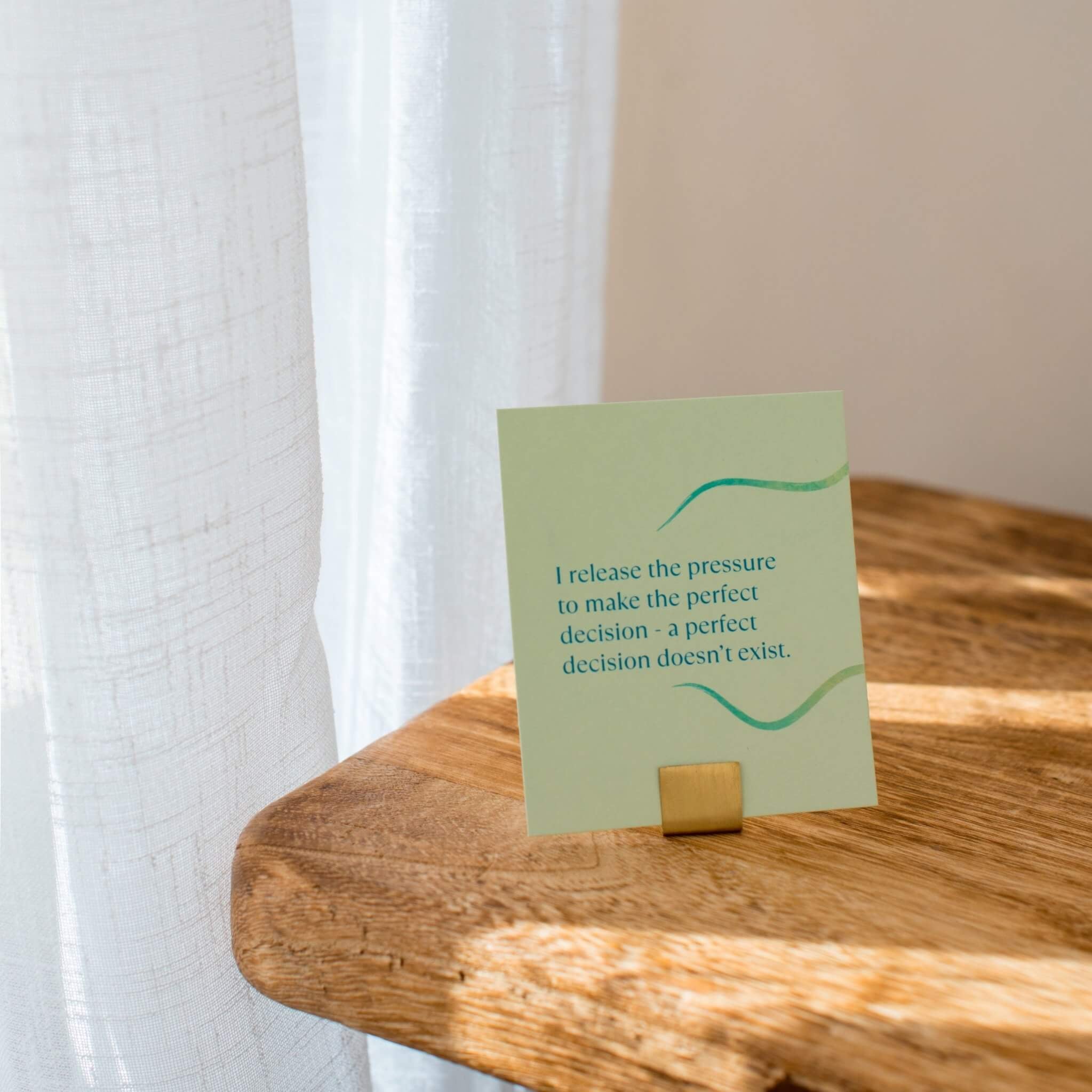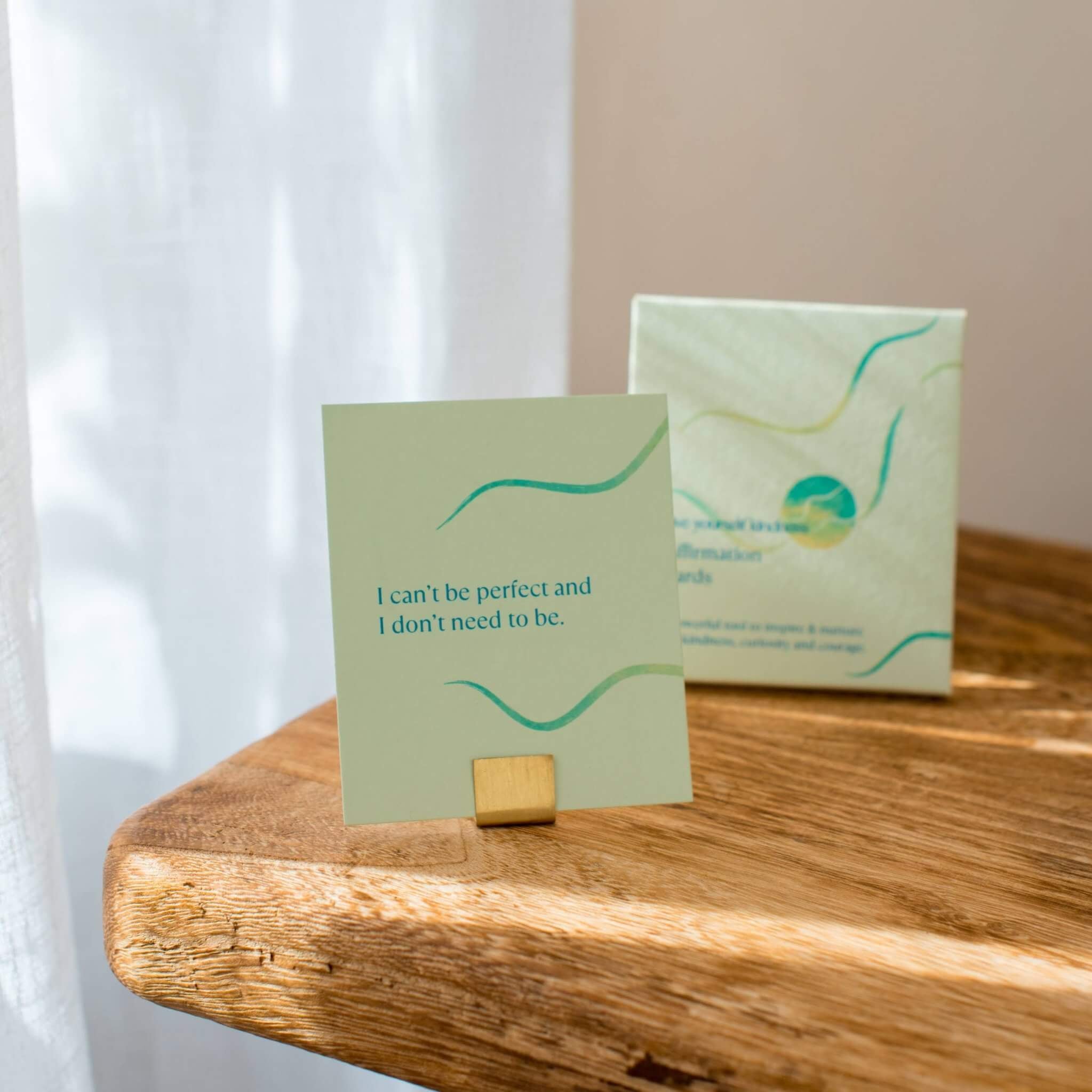written by Kristin Neff, PhD, and Chris Germer, PhD. Kristin Neff, PhD is an Associate Professor of Educational Psychology at The University of Texas at Austin. Chris Germer, PhD is a clinical psychologist and lecturer on psychiatry (part-time) at Harvard Medical School. Together they developed the Mindful Self-Compassion (MSC) program and MSC has since been taught to over 250,000 people worldwide.
Compassion and pity are quite different
Self-pity may conjure up a picture of curling up in a little ball for days, wailing about how unfair the world is. Or complaining about how much harder you have it than anyone else. You don't want to be that person. Fortunately, self-compassion doesn't ask you to be.
Compassion and pity are quite different. Pity involves looking down on someone and feeling sorry for them. Compassion says "We've all been there."
Pity creates separation, and compassion creates connection.
It's similar with ourselves. Self-pity isolates us via self-talk like "Poor me", or "Why am I the only one who has to deal with this?"
'Pity creates separation, and compassion creates connection'
Self-compassion reminds us that everyone struggles at times. Instead of feeling resentful about what we imagine is our uniquely heavy burden, the common humanity component of self-compassion reminds us that others have similar burdens. This gets us out of the rabbit hole of "Why me?" thinking.
'self-compassion reminds us that others have similar burdens'
The mindfulness aspect of self-compassion helps to break the cycle of rumination that drives self-pity. It gives us some distance from the repetitive negative thoughts and feelings that only make burnout worse.
When we pause for a few breaths and validate our pain ("This moment is really hard") without getting lost in it ("My life is over"), we gain perspective so that we don't exaggerate how bad things are.
Although self-compassion turns kindness inward, it actually reduces self-focus. Research shows that self-compassionate people ruminate less often and they're less likely to feel isolated by their difficulties.
'Having compassion for yourself doesn't mean you wallow in pain'
Having compassion for yourself doesn't mean you wallow in pain when you remember that you're part of a greater whole and open your heart to a shared human experience of suffering, you're less likely to play a starring role in your own soap opera.
This is an excerpt from Mindful Self-Compassion for Burnout: Tools to Help You Heal and Recharge When You’re Wrung Out by Stress by Kristin Neff, PhD, and Chris Germer, PhD (Guilford Press) approved exclusively to be shared on Give Yourself Kindness.

Chris Germer, PhD is a clinical psychologist and lecturer on psychiatry (part-time) at Harvard Medical School. He co-developed the Mindful Self-Compassion (MSC) program with Kristin Neff in 2010 and MSC has since been taught to over 250,000 people worldwide. They co-authored two books on MSC, The Mindful Self-Compassion Workbook and Teaching the Mindful Self-Compassion Program.
Chris spends most of his time lecturing and leading workshops around the world on mindfulness and self-compassion. He is also the author of The Mindful Path to Self-Compassion; he co-edited two influential volumes on therapy, Mindfulness and Psychotherapy, and Wisdom and Compassion in Psychotherapy; and he maintains a small online practice in Cambridge, Massachusetts, USA.

Kristin Neff, PhD, is an Associate Professor of Educational Psychology at The University of Texas at Austin. She developed a theory and created a scale to measure self-compassion more than 20 years ago. Dr. Neff has written numerous academic articles and book chapters on the topic and has been recognized as one of the most influential scholars in the field of psychology. Well over 5000 studies have been conducted on self-compassion by various scholars since her seminal articles were first published in 2003.
In addition to her academic work, Dr. Neff is author of the books Self-Compassion: The Proven Power of Being Kind to Yourself, and Fierce Self-Compassion: How Women can Harness Kindness to Speak Up, Claim Their Power and Thrive.
In conjunction with her colleague Dr. Chris Germer, she developed an empirically supported training program called Mindful Self-Compassion and co-founded the nonprofit Center for Mindful Self-Compassion, which offers self-compassion training in a variety of formats. Drs. Neff and Germer co-authored The Mindful Self-Compassion Workbook , Teaching the Mindful Self-Compassion Program: A Guide for Professionals, and in fall 2024 their latest book was published, Mindful Self-Compassion for Burnout: Tools to Help You Heal and Recharge When You’re Wrung Out by Stress.






